Project Perseus
Rotating Detonation Rocket Engine
A rotating detonation engine (RDRE) is an advanced type of propulsion system that uses a continuous detonation process to produce thrust. Unlike traditional jet engines, which rely on constant pressure combustion, RDREs leverage the higher efficiency of detonation waves.
How it Works:
A mixture of fuel and oxidizer is injected into a combustion chamber. The mixture is ignited to start a detonation wave, a supersonic combustion process. The detonation wave travels around the annular (ring-shaped) combustion chamber continuously, driven by the high-pressure and high-temperature conditions created by the detonation. As the detonation wave moves, it compresses and burns the incoming fuel-oxidizer mixture, producing high-speed exhaust gases that are expelled out of the engine to generate thrust.
Benefits:
Detonation combustion is thermodynamically more efficient than deflagration (subsonic combustion), potentially offering better fuel efficiency. RDEs can be more compact and simpler than traditional engines as they do not require large compressors or mechanical moving party. The efficient combustion process can lead to a higher thrust-to-weight ratio, beneficial for aerospace applications.
Unlike pulse detonation engines, which operate in a pulsed manner, RDREs maintain a continuous detonation wave, resulting in smoother operation and potentially less mechanical stress.
Challenges:
Materials and Durability: The extreme conditions within an RDRE require advanced materials and cooling techniques to ensure durability. Maintaining a stable and controlled detonation wave is complex and requires precise engineering.
Rotating detonation rocket engines represent a promising advancement in propulsion technology, offering potential benefits in efficiency and performance for various high-speed and aerospace applications.
Project Perseus
RDRE
Project Perseus
Rotating Detonation Rocket Engine
A rotating detonation engine (RDRE) is an advanced type of propulsion system that uses a continuous detonation process to produce thrust. Unlike traditional jet engines, which rely on constant pressure combustion, RDREs leverage the higher efficiency of detonation waves.
How it Works:
A mixture of fuel and oxidizer is injected into a combustion chamber. The mixture is ignited to start a detonation wave, a supersonic combustion process. The detonation wave travels around the annular (ring-shaped) combustion chamber continuously, driven by the high-pressure and high-temperature conditions created by the detonation. As the detonation wave moves, it compresses and burns the incoming fuel-oxidizer mixture, producing high-speed exhaust gases that are expelled out of the engine to generate thrust.
Benefits:
Detonation combustion is thermodynamically more efficient than deflagration (subsonic combustion), potentially offering better fuel efficiency. RDEs can be more compact and simpler than traditional engines as they do not require large compressors or mechanical moving party. The efficient combustion process can lead to a higher thrust-to-weight ratio, beneficial for aerospace applications.
Unlike pulse detonation engines, which operate in a pulsed manner, RDREs maintain a continuous detonation wave, resulting in smoother operation and potentially less mechanical stress.
Challenges:
Materials and Durability: The extreme conditions within an RDRE require advanced materials and cooling techniques to ensure durability. Maintaining a stable and controlled detonation wave is complex and requires precise engineering.
Rotating detonation rocket engines represent a promising advancement in propulsion technology, offering potential benefits in efficiency and performance for various high-speed and aerospace applications.
Project Perseus
RDRE
A New Frontier
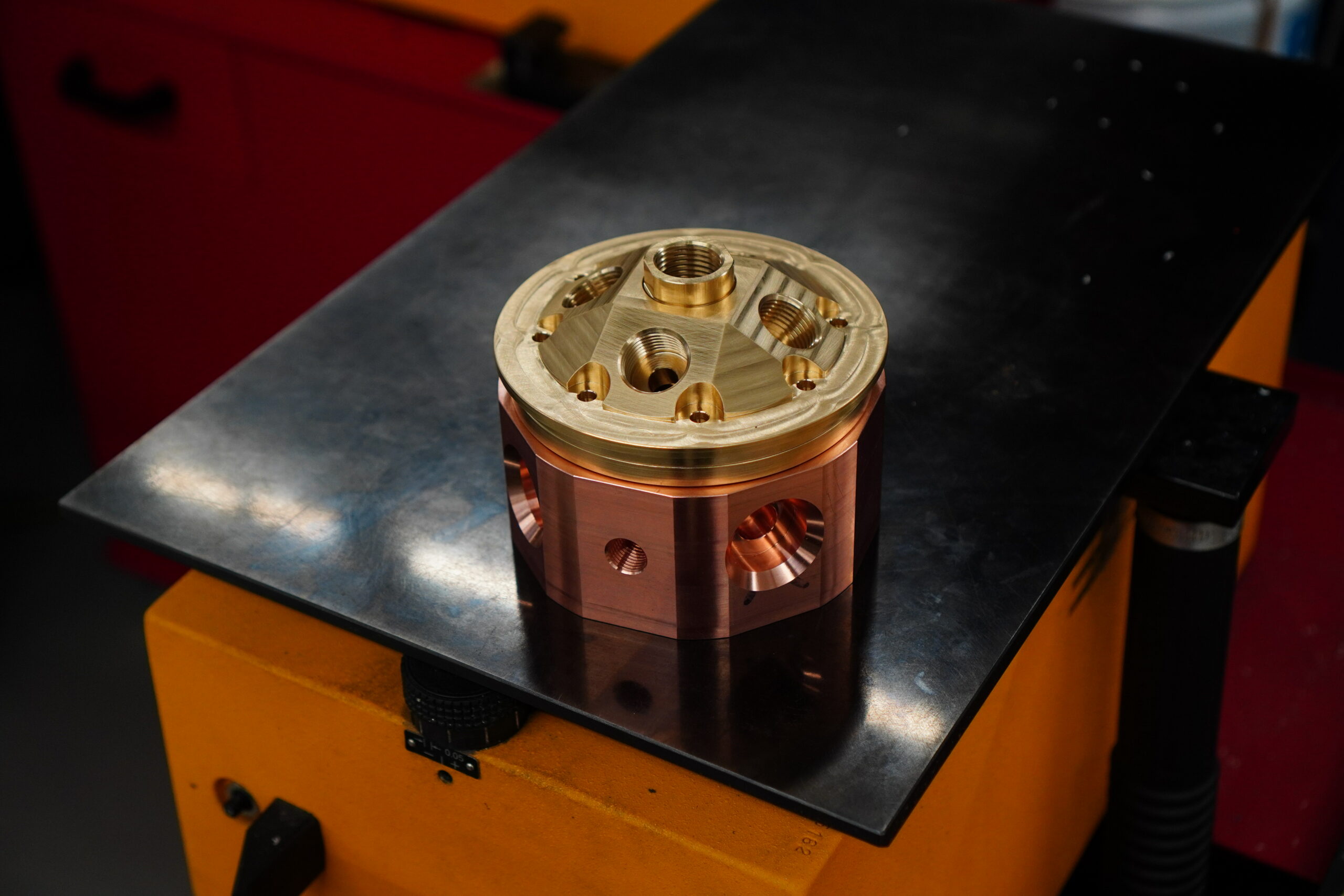
Members
The Initiators
Project Perseus is the brainchild of two ETH Zürich students and one OST Rapperswil student. Driven by a desire to invest in the propulsion technologies of the future, this project was first conceptualized in 2023. After an unsuccessful pitch as a Focus Project at ETH, the team went back to the drawing board and made adjustments. With a new understanding of the challenges associated with such novel technology and an invaluable partnership with ARIS, Project Perseus took its current form in early June 2024. Since then, the core team has benefited greatly from the guidance of a remarkable group of experienced and skilled advisors.
The Team
While the initiators already did an impressive amount of work to prepare the project, they quickly realized that they needed more people in their team. Setting out to put together a band of brains that could stem this challenge, they found five more people highly motivated to help, coming to the Project’s final size of eight. Organizing the team into specialized subgroups to effectively manage the upcoming goals, Project Perseus now has members focused on engine design, propellant supply system, sensor data acquisition and control, and external relations.
Members
The Initiators
Project Perseus is the brainchild of two ETH Zürich students and one OST Rapperswil student. Driven by a desire to invest in the propulsion technologies of the future, this project was first conceptualized in 2023. After an unsuccessful pitch as a Focus Project at ETH, the team went back to the drawing board and made adjustments. With a new understanding of the challenges associated with such novel technology and an invaluable partnership with ARIS, Project Perseus took its current form in early June 2024. Since then, the core team has benefited greatly from the guidance of a remarkable group of experienced and skilled advisors.
The Team
While the initiators already did an impressive amount of work to prepare the project, they quickly realized that they needed more people in their team. Setting out to put together a band of brains that could stem this challenge, they found five more people highly motivated to help, coming to the Project’s final size of eight. Organizing the team into specialized subgroups to effectively manage the upcoming goals, Project Perseus now has members focused on engine design, propellant supply system, sensor data acquisition and control, and external relations.
Engineering

Engine Team
The Engine Team has the exciting task of creating an innovative annular combustion chamber fitted with highly advanced pressure sensors. Comprised of copper and brass components, the engine is subjected to extreme pressure and temperature regimes. With detonation waves racing around the annular combustor 20,000 times per second, it is the responsibility of this subteam to ensure control of the immense power released in detonative combustion.
Propellant Supply System Team
The PSS team is tasked with ensuring precise control over the mass flow, temperature, and pressure at which the fuel and oxidizer are delivered to the engine. For RDREs, especially, the total mass flow and the equivalence ratio between the two propellants are crucial for generating stable detonation waves. Additionally, the subteam will need to make slight modifications to the test bench to allow for the utilization of gaseous propellants. This task demands meticulous attention to detail, as the performance of the Propellant Supply System is crucial for achieving stable and efficient operation of any rocket engine.

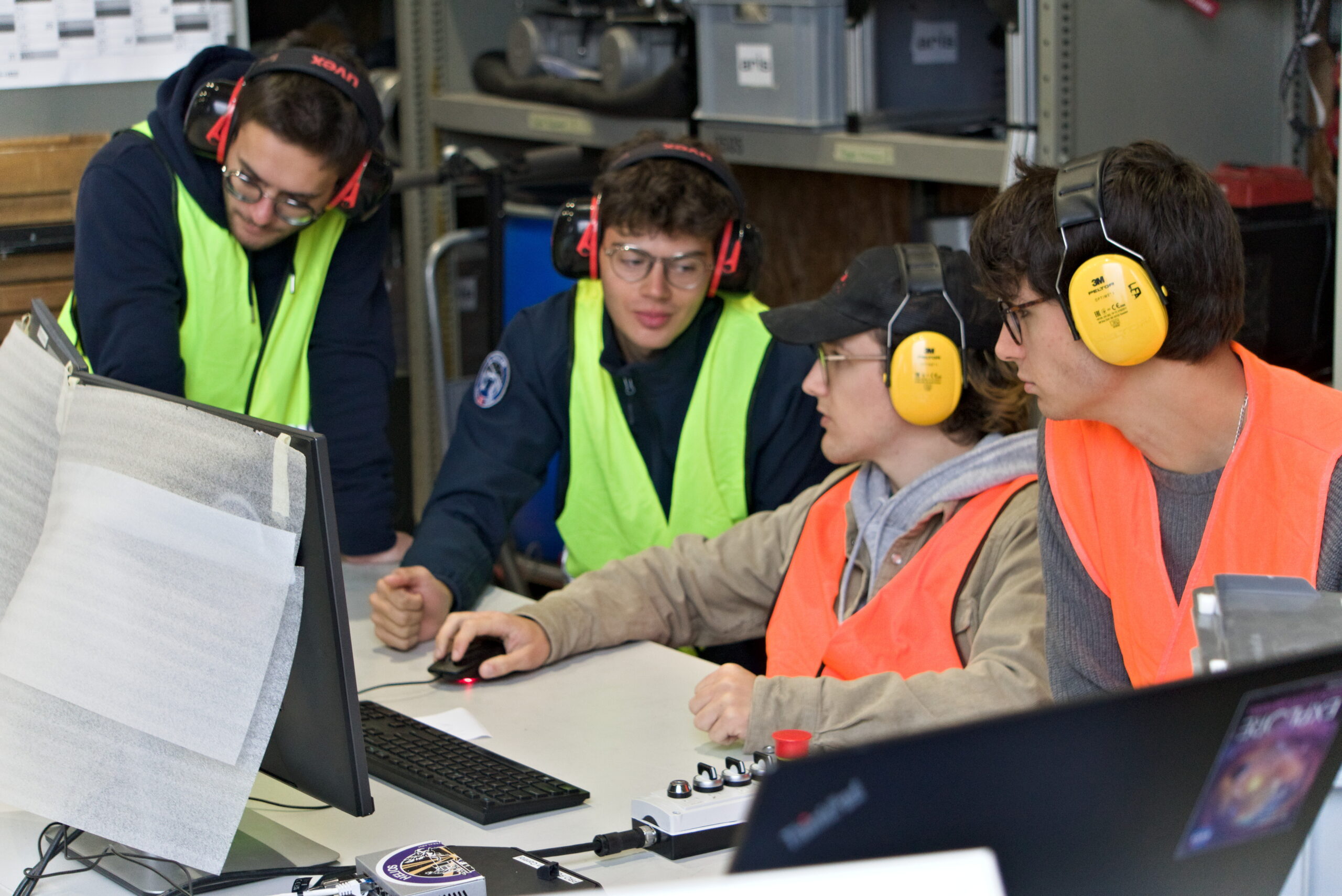
Data Acquisition and Control System Team
The DACS team is responsible for maintaining a suite of over 20 sensors and translating their signals into readable data. Project PERSEUS aims to confirm the existence of detonation waves, their spin frequency, and the axial pressure profile. This can only be accomplished through the use of highly specialized high-speed dynamic pressure sensors. Efficient data transfer and storage, as well as specific plotting functionalities, are essential for analyzing the engine tests. Given the extreme conditions from which some of the data will be collected and the short firing durations, it is the responsibility of this subteam to capture all the necessary information in the blink of an eye.
Engineering

Engine Team
The Engine Team has the exciting task of creating an innovative annular combustion chamber fitted with highly advanced pressure sensors. Comprised of copper and brass components, the engine is subjected to extreme pressure and temperature regimes. With detonation waves racing around the annular combustor 20,000 times per second, it is the responsibility of this subteam to ensure control of the immense power released in detonative combustion.
Propellant Supply System Team
The PSS team is tasked with ensuring precise control over the mass flow, temperature, and pressure at which the fuel and oxidizer are delivered to the engine. For RDREs, especially, the total mass flow and the equivalence ratio between the two propellants are crucial for generating stable detonation waves. Additionally, the subteam will need to make slight modifications to the test bench to allow for the utilization of gaseous propellants. This task demands meticulous attention to detail, as the performance of the Propellant Supply System is crucial for achieving stable and efficient operation of any rocket engine.


Data Acquisition and Control System Team
The DACS team is responsible for maintaining a suite of over 20 sensors and translating their signals into readable data. Project PERSEUS aims to confirm the existence of detonation waves, their spin frequency, and the axial pressure profile. This can only be accomplished through the use of highly specialized high-speed dynamic pressure sensors. Efficient data transfer and storage, as well as specific plotting functionalities, are essential for analyzing the engine tests. Given the extreme conditions from which some of the data will be collected and the short firing durations, it is the responsibility of this subteam to capture all the necessary information in the blink of an eye.
Perseus-Blog
Pictures of the engine
Pictures of Test-days
Interested in reaching out?
Unlock the potential of space exploration with ARIS – the Swiss student-led organization pushing the boundaries of technology. Six years after its foundation, ARIS is becoming the hub for space in Switzerland. ARIS provides students with the unique opportunity to work on space-related projects, gain valuable academic research experience, and connect with industry leaders. By supporting ARIS, you are investing in the future of space exploration and the next generation of talented individuals.
Unlock the potential of space exploration with ARIS – the Swiss student-led organization pushing the boundaries of technology. Six years after its foundation, ARIS is becoming the hub for space in Switzerland. ARIS provides students with the unique opportunity to work on space-related projects, gain valuable academic research experience, and connect with industry leaders. By supporting ARIS, you are investing in the future of space exploration and the next generation of talented individuals.
Connect with our project directly, be it for a potential sponsorship or for more general ideas:

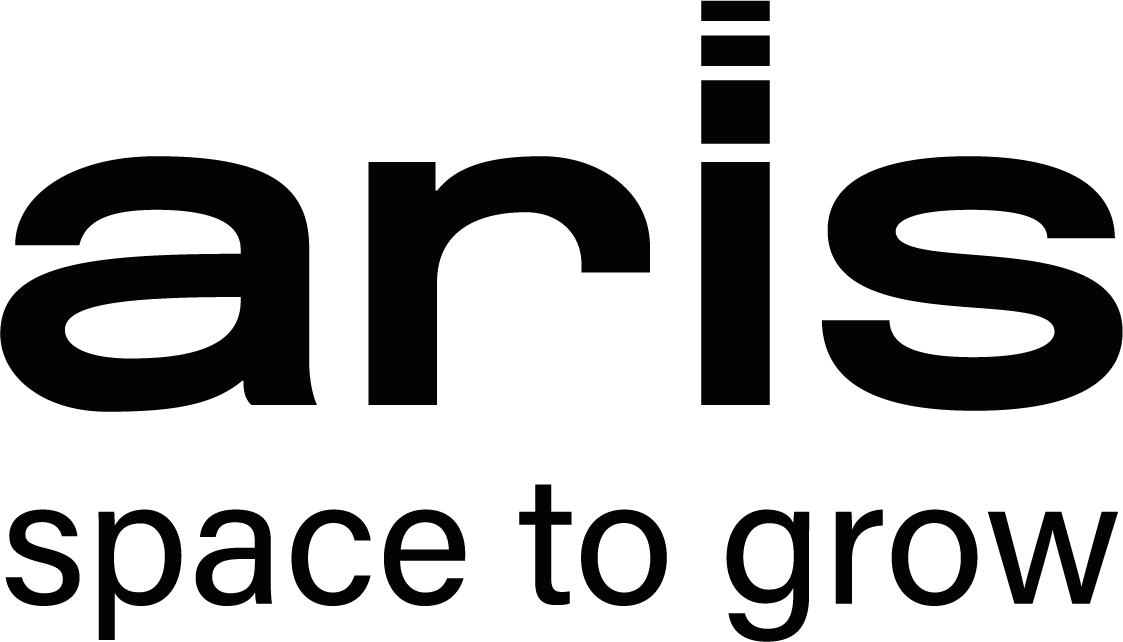

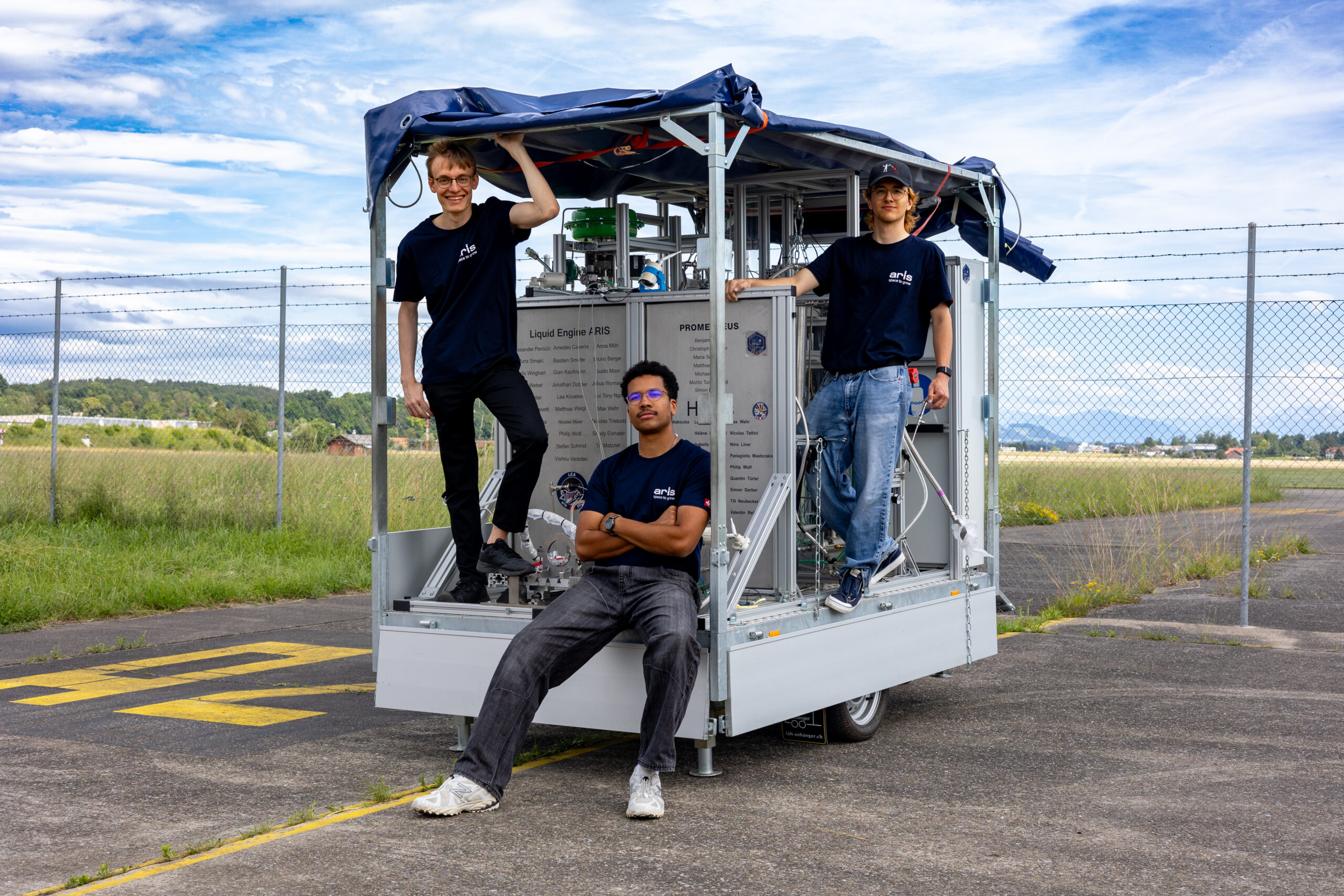
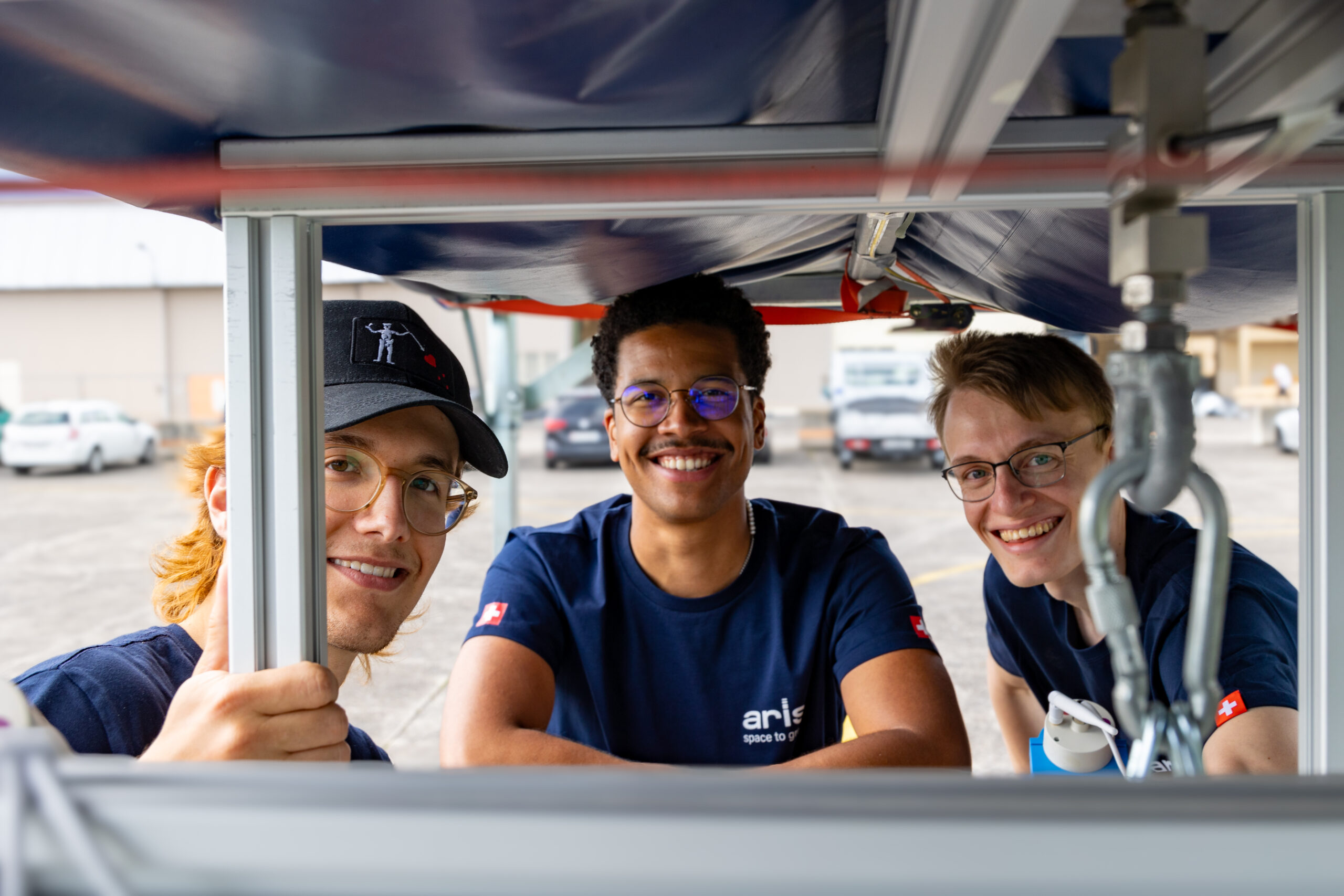
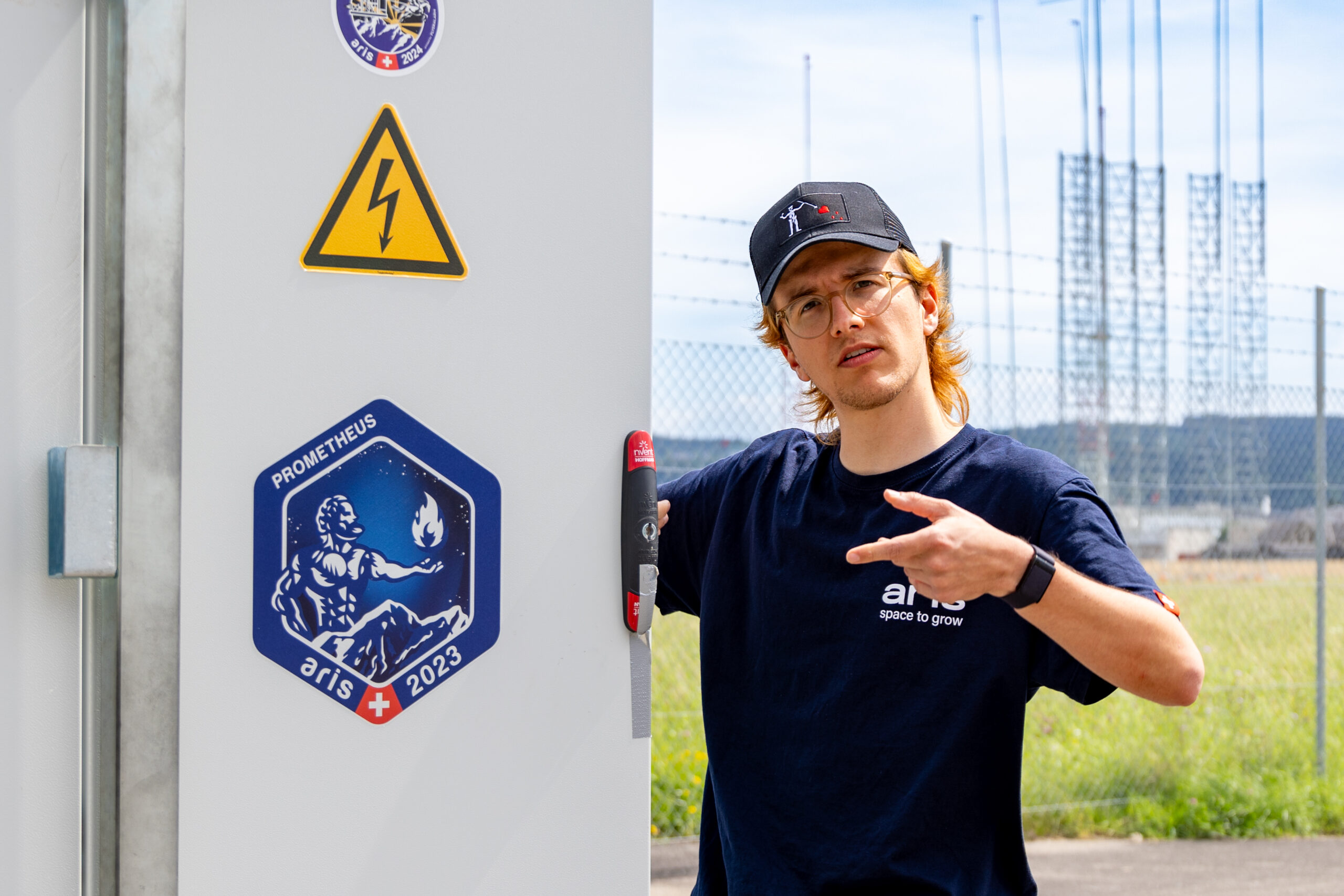
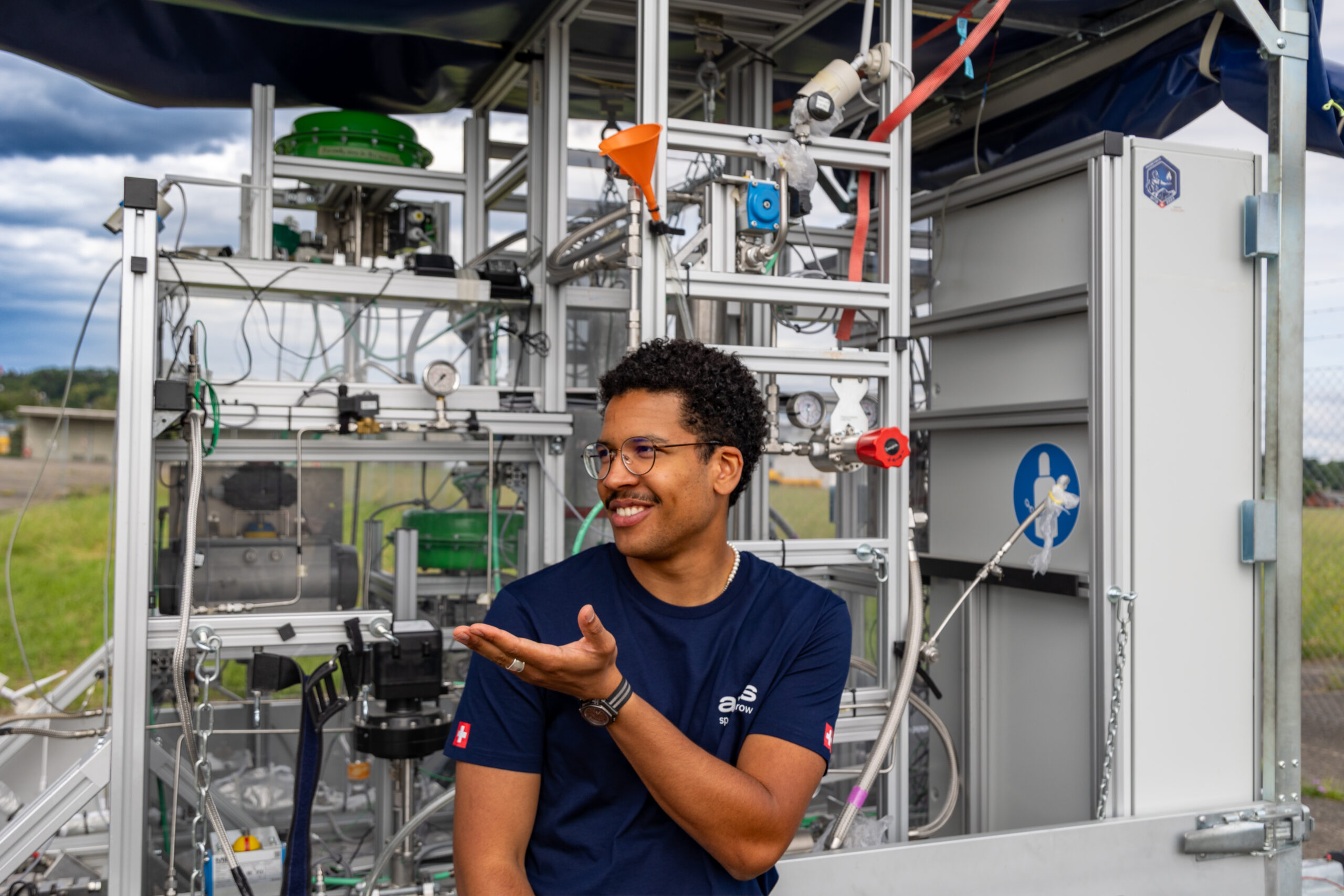
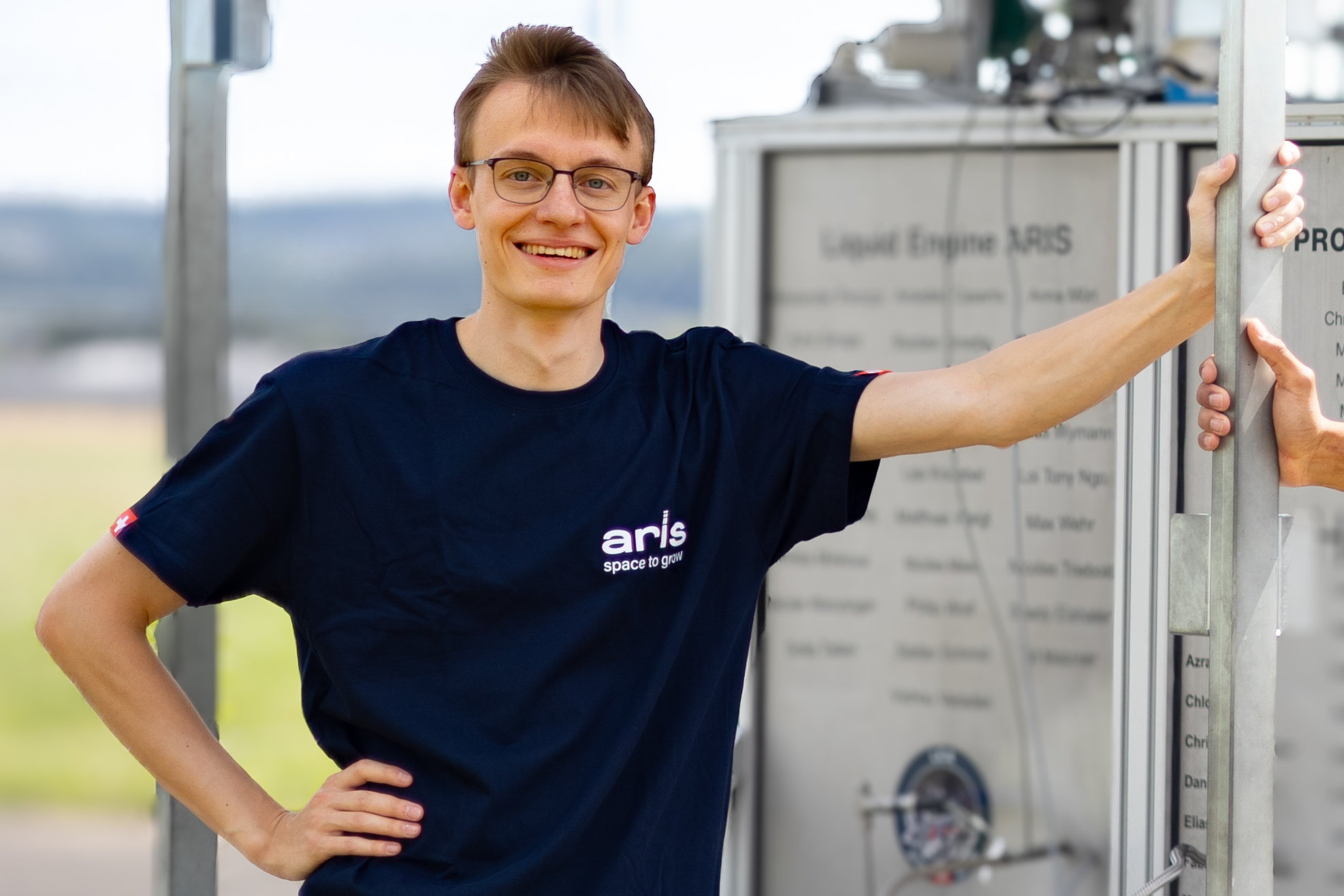

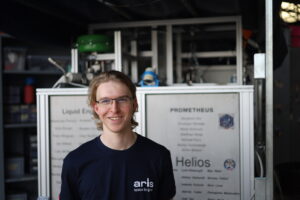
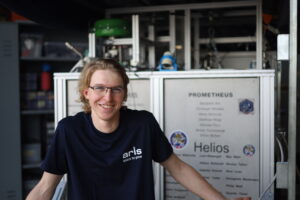

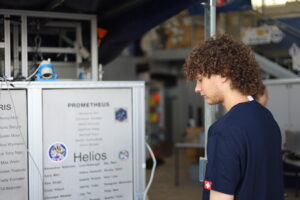
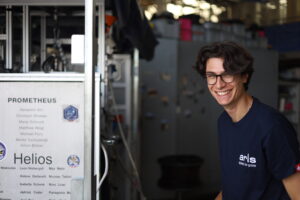
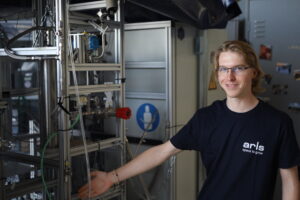
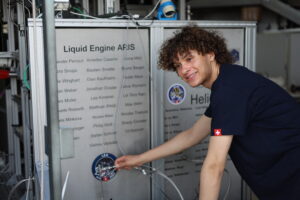
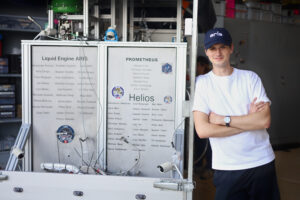
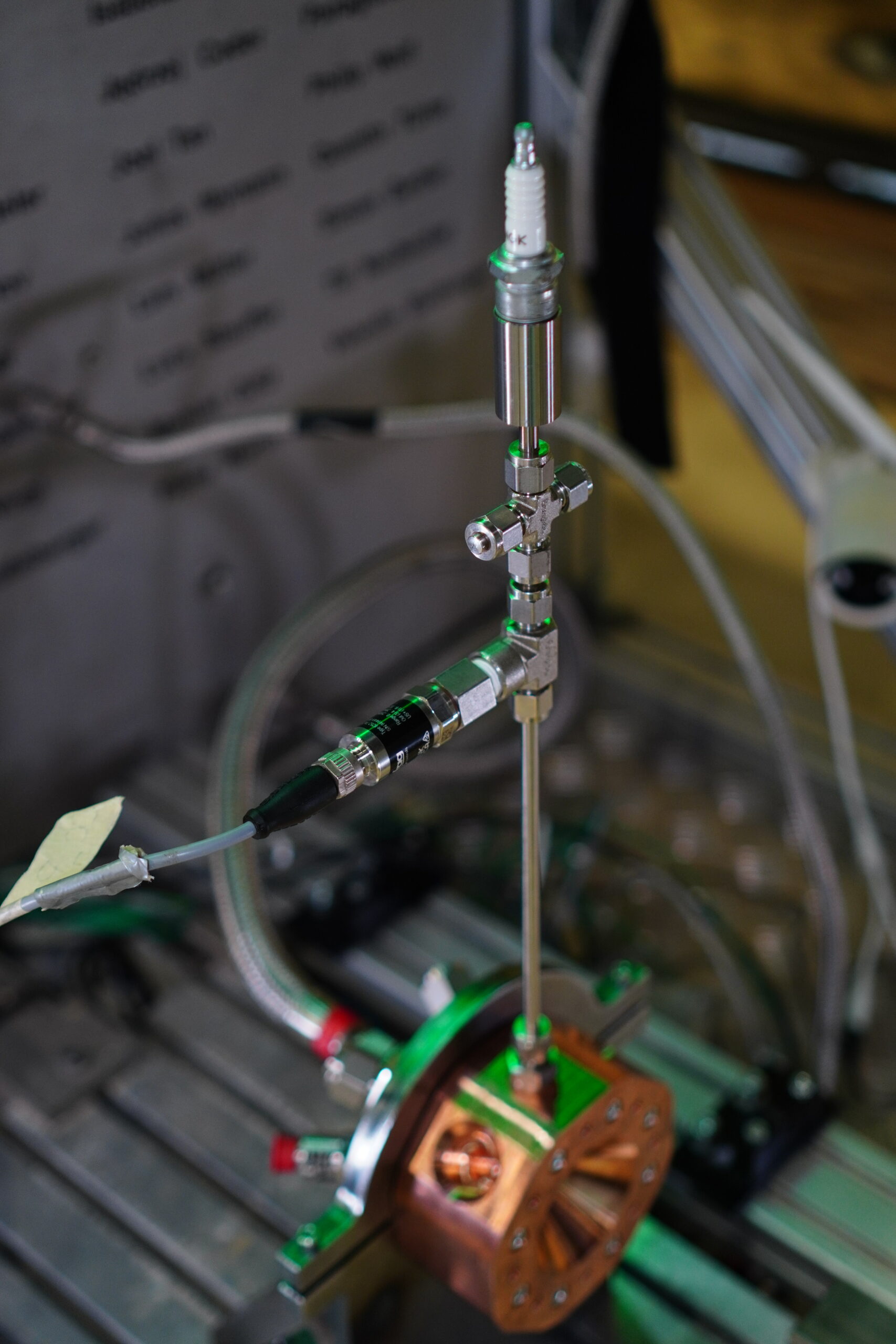
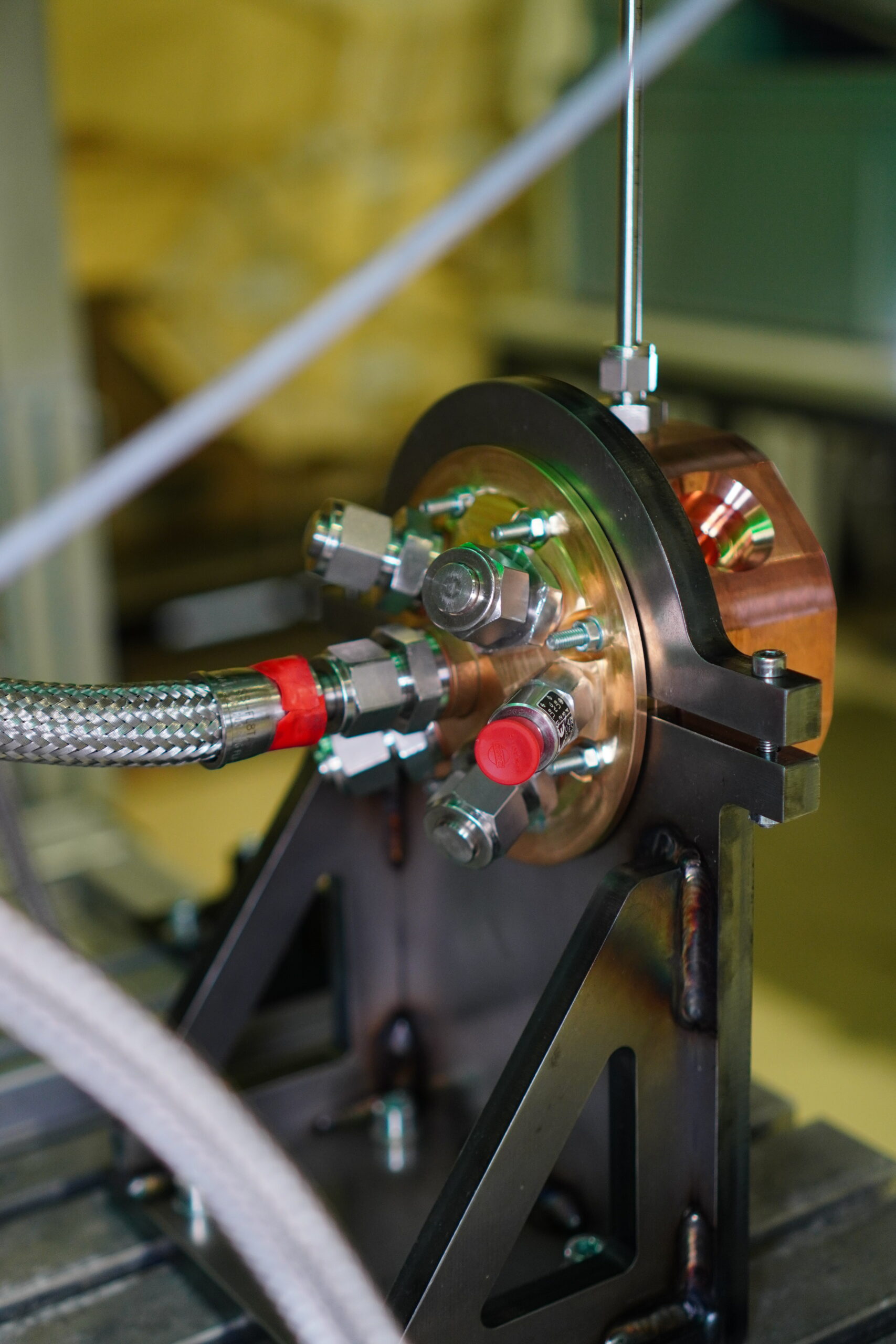



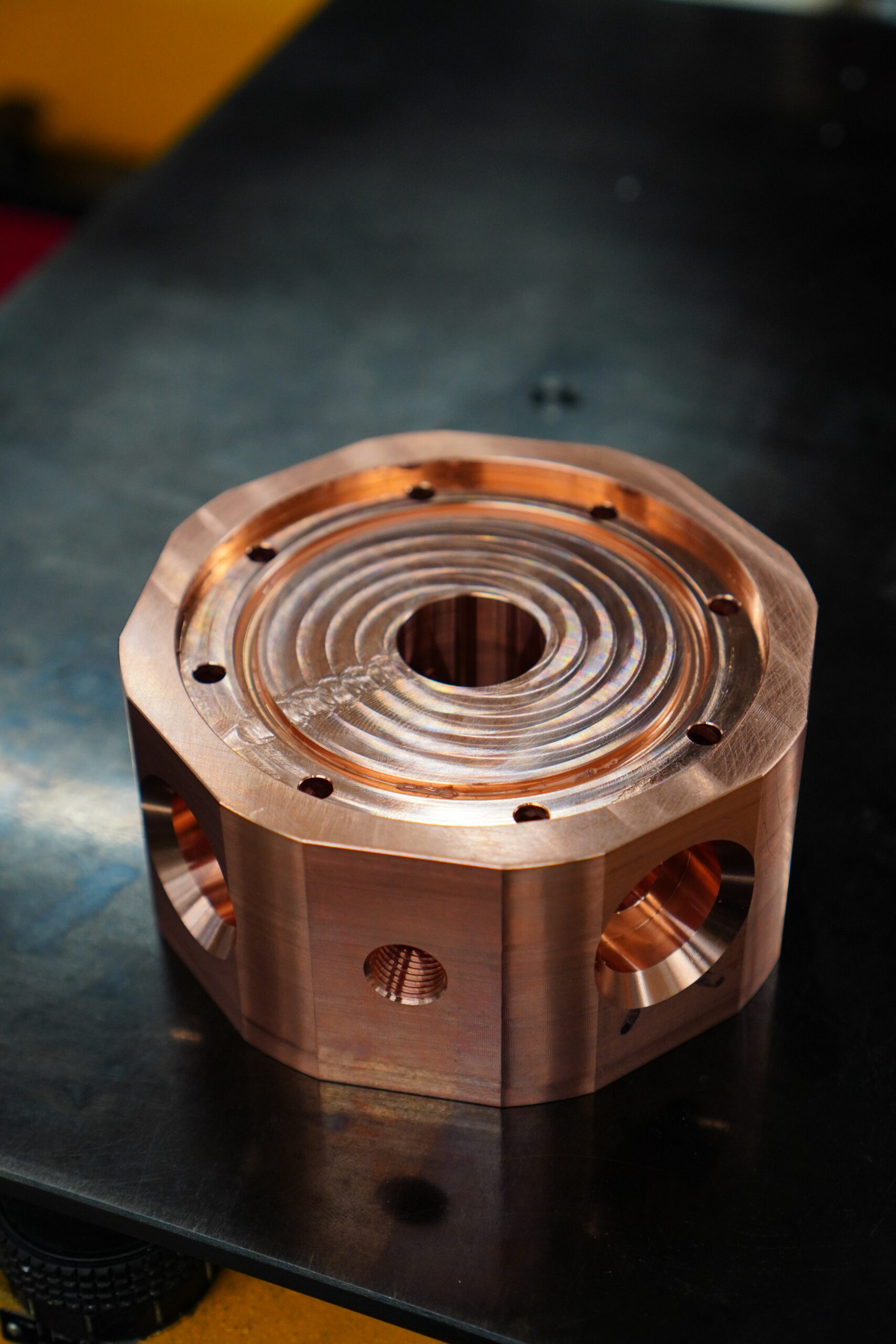






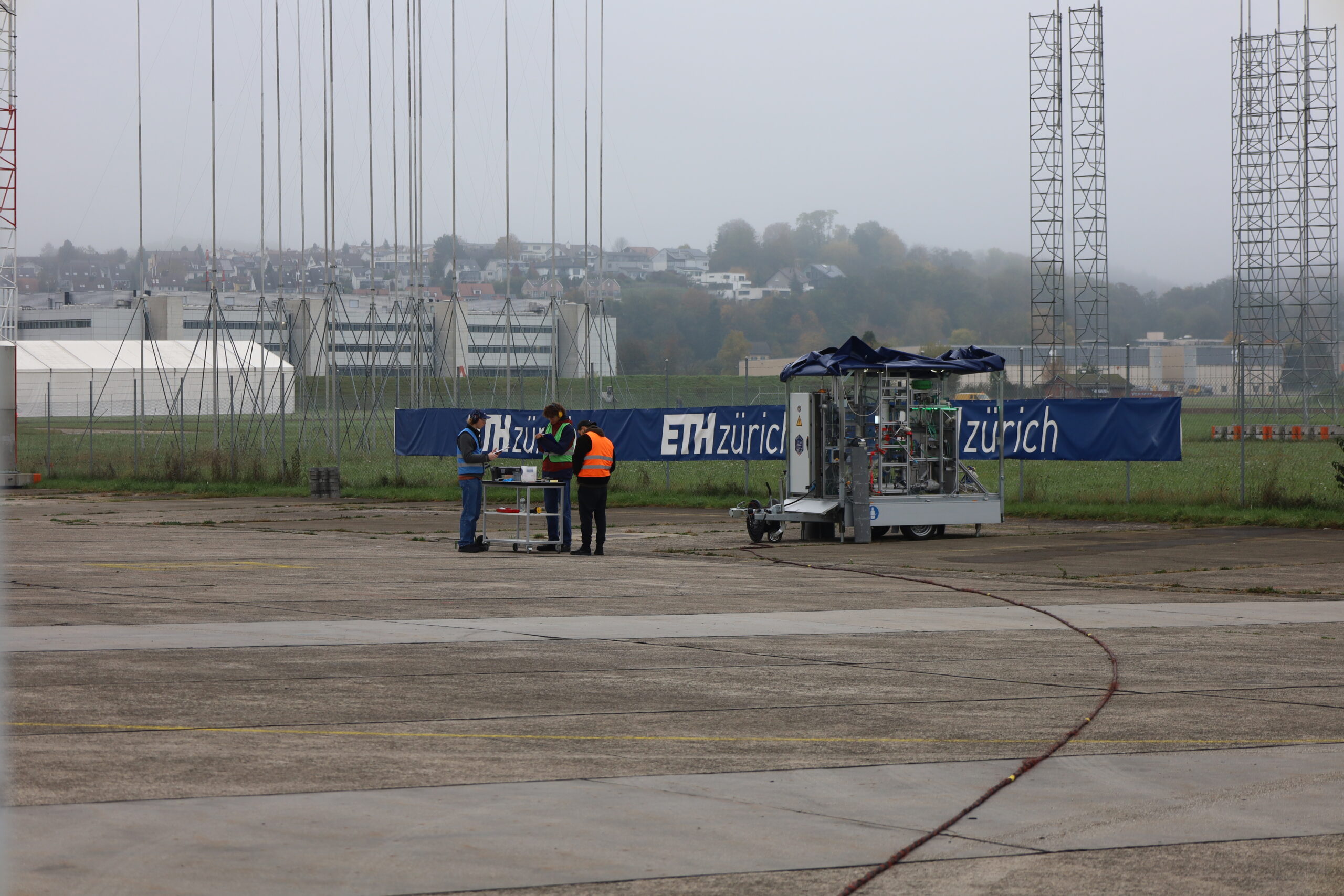

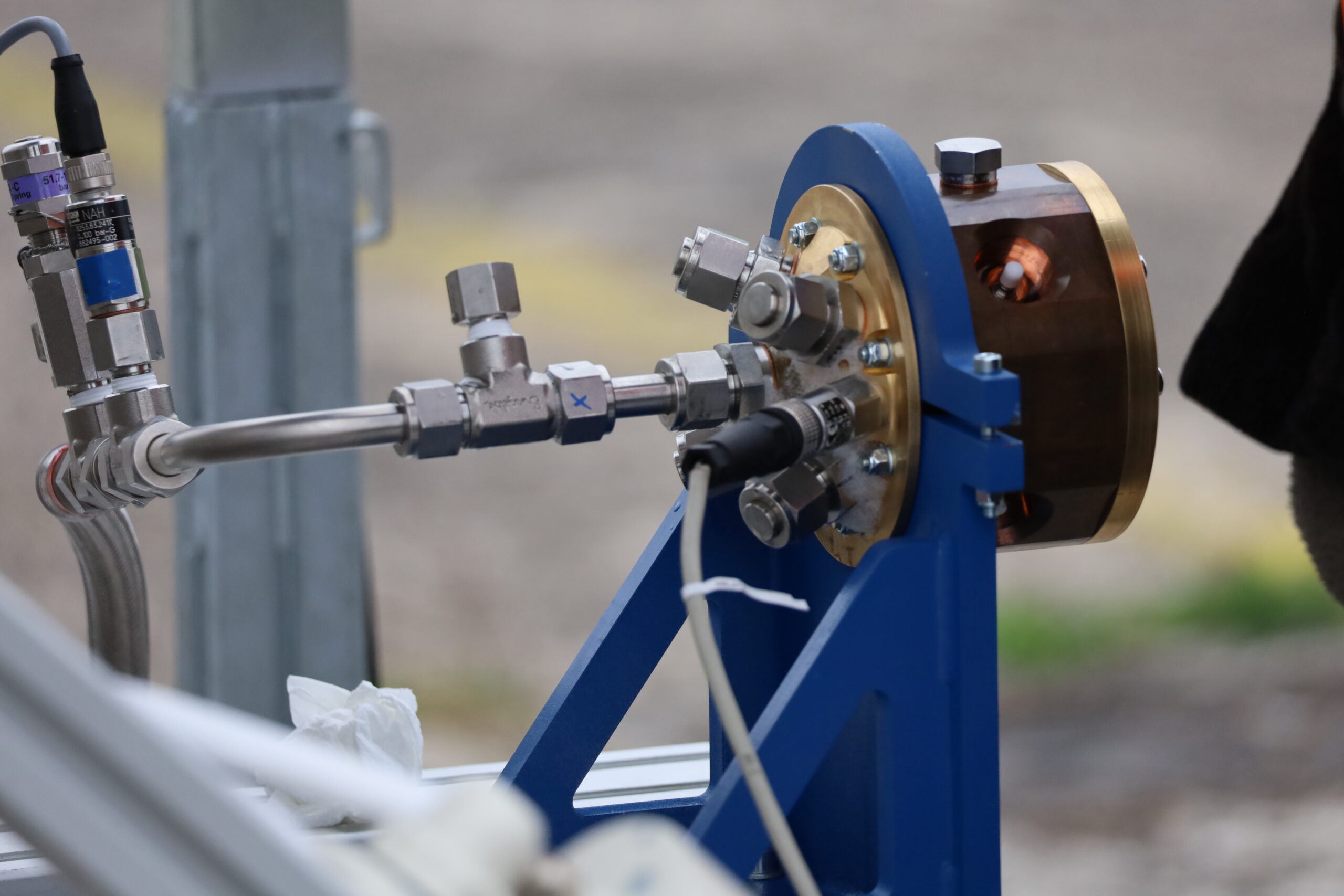

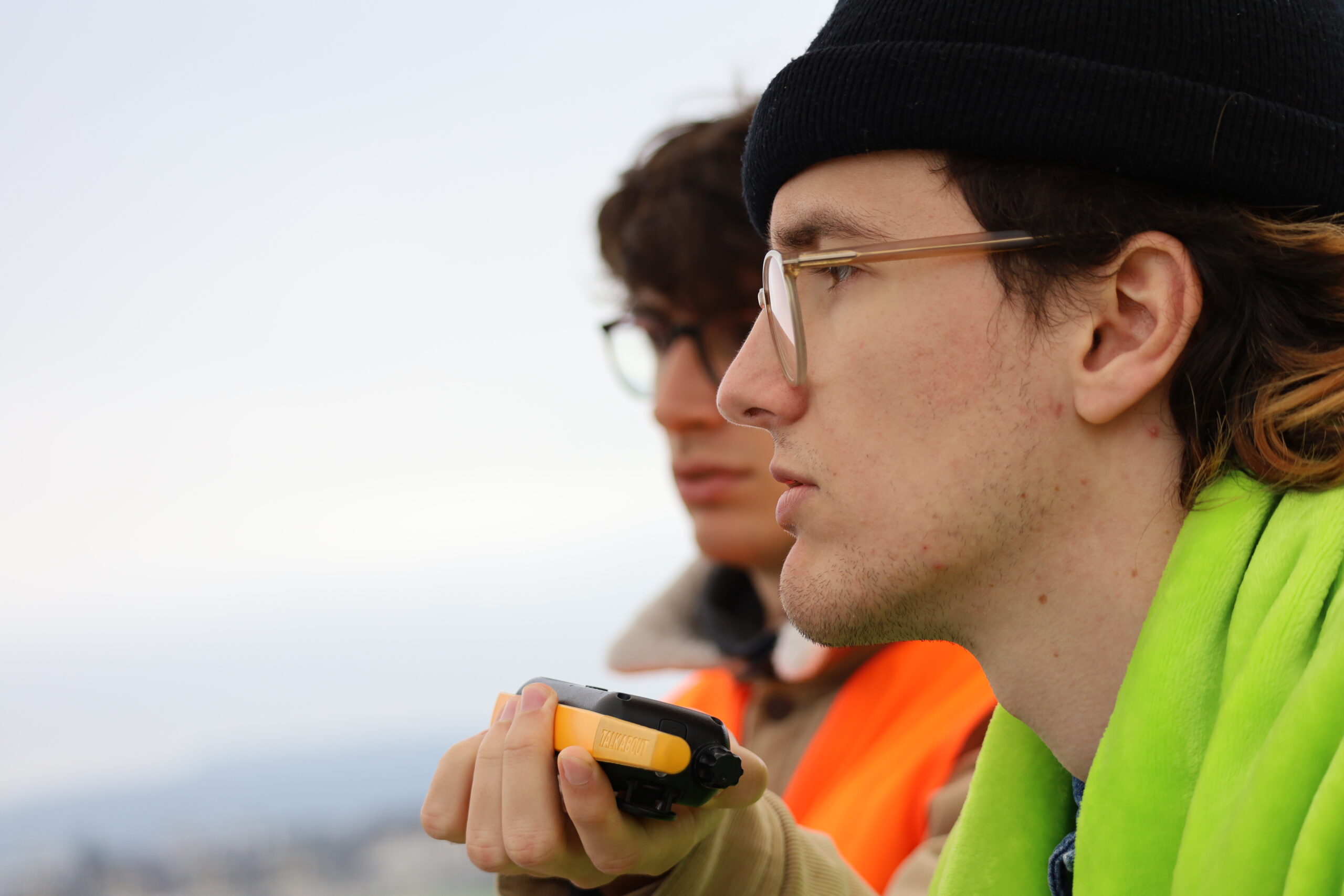
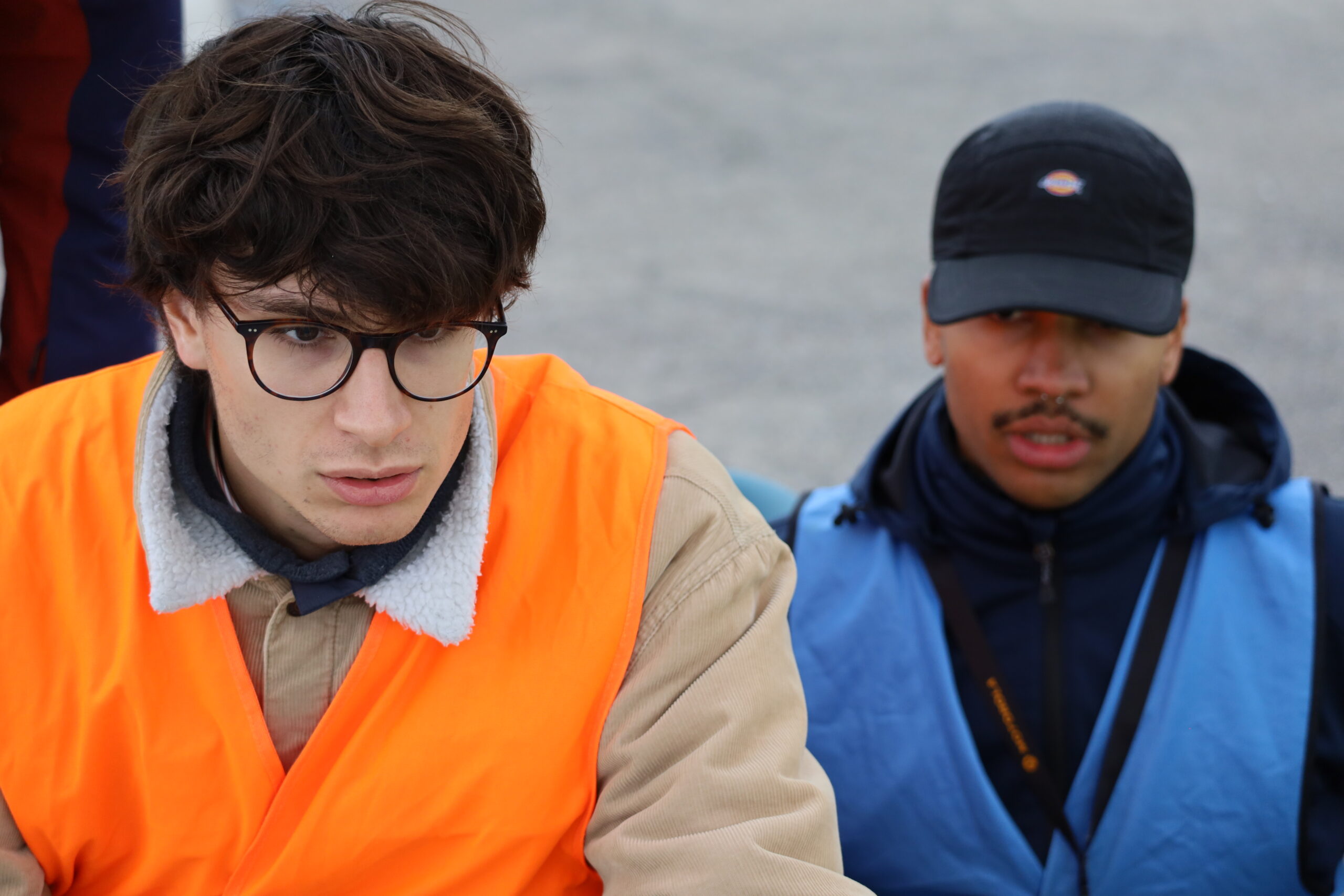
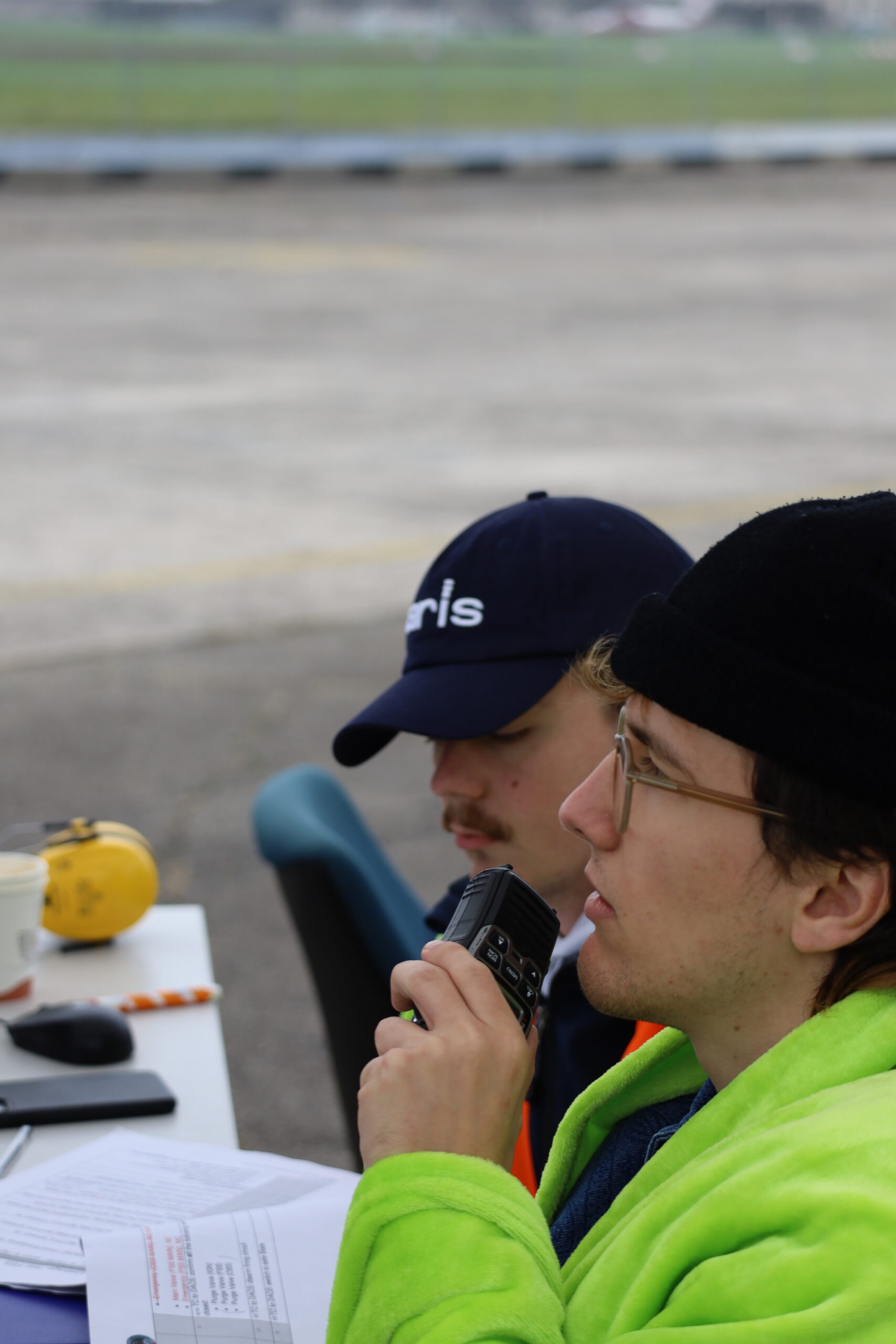

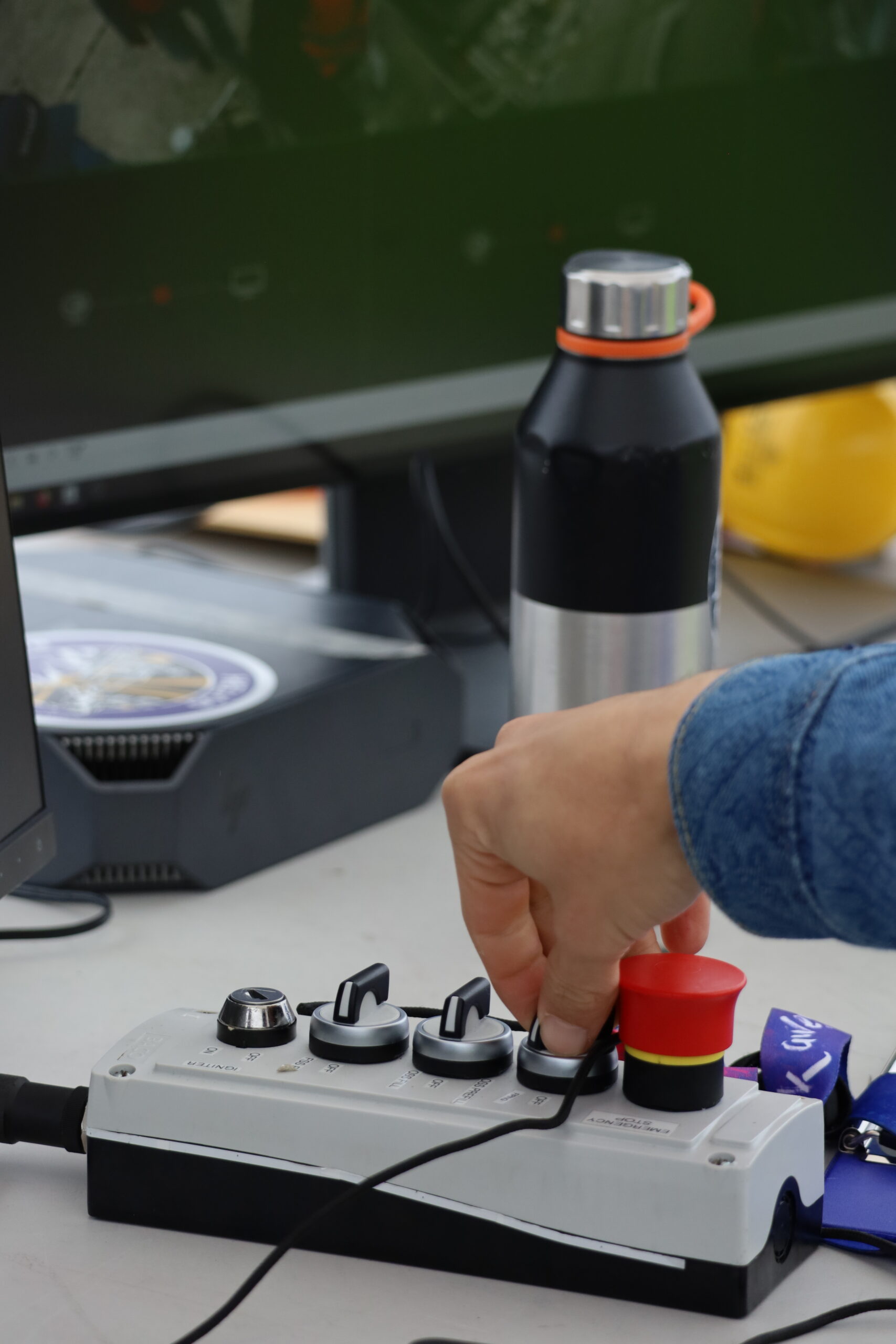

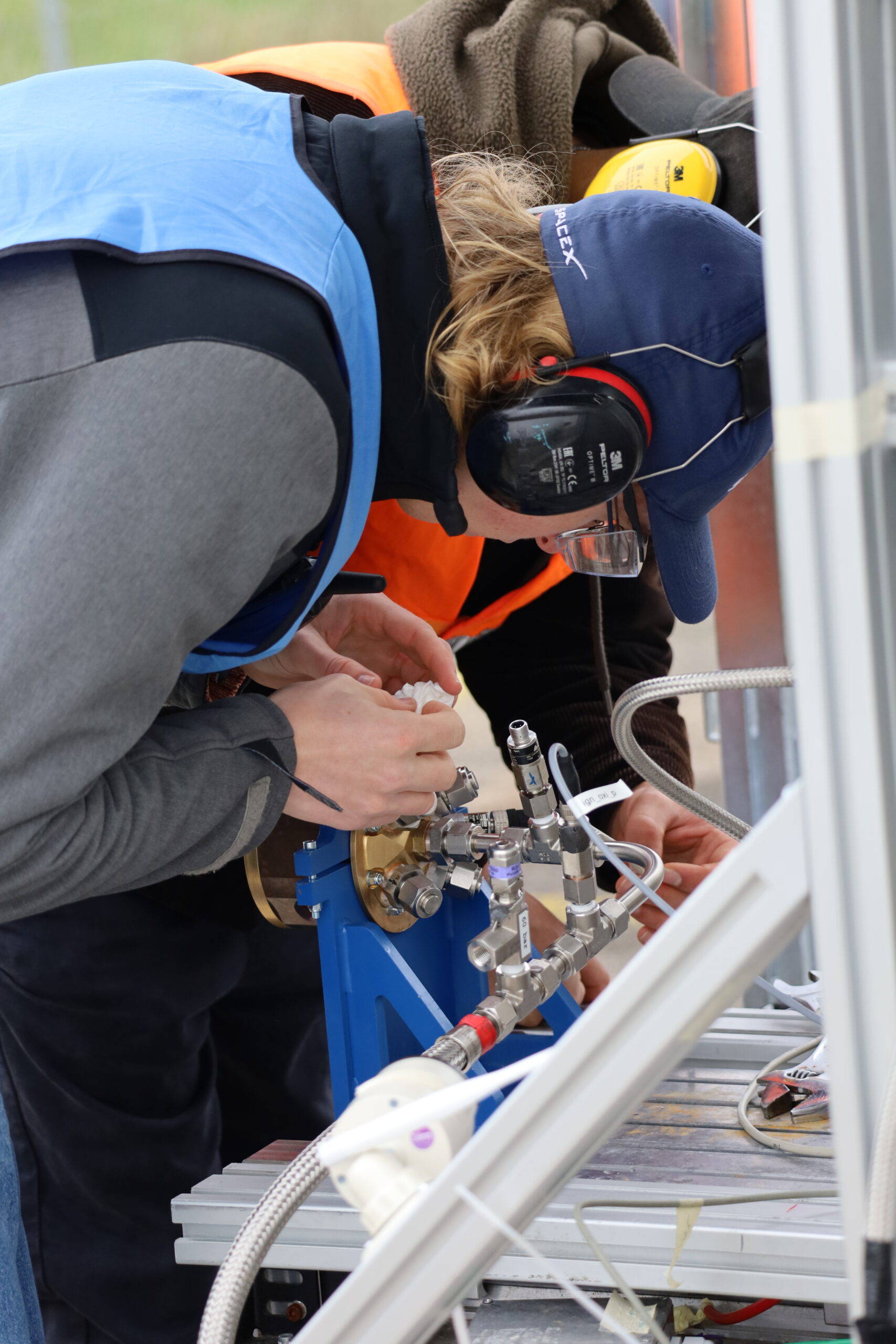
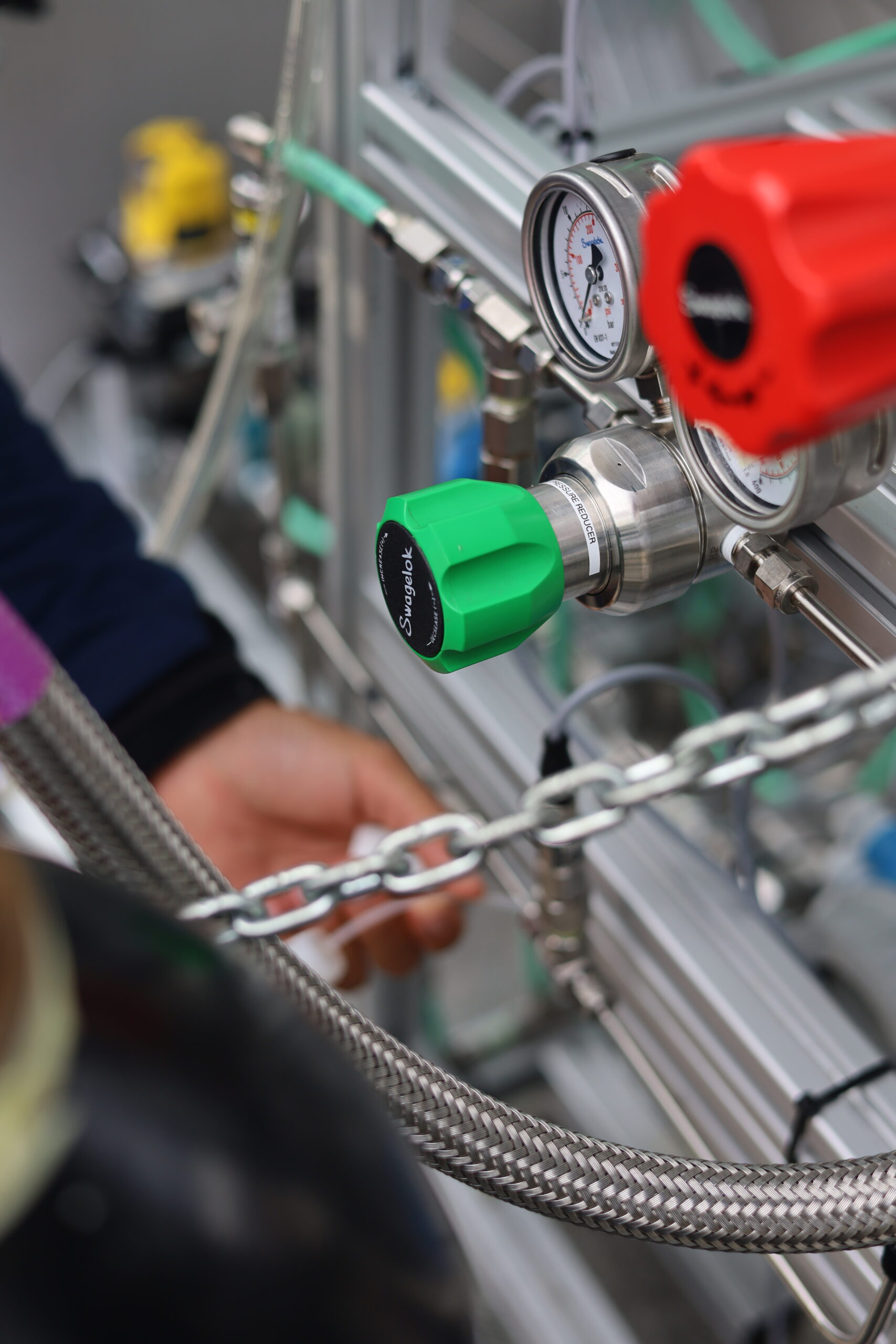
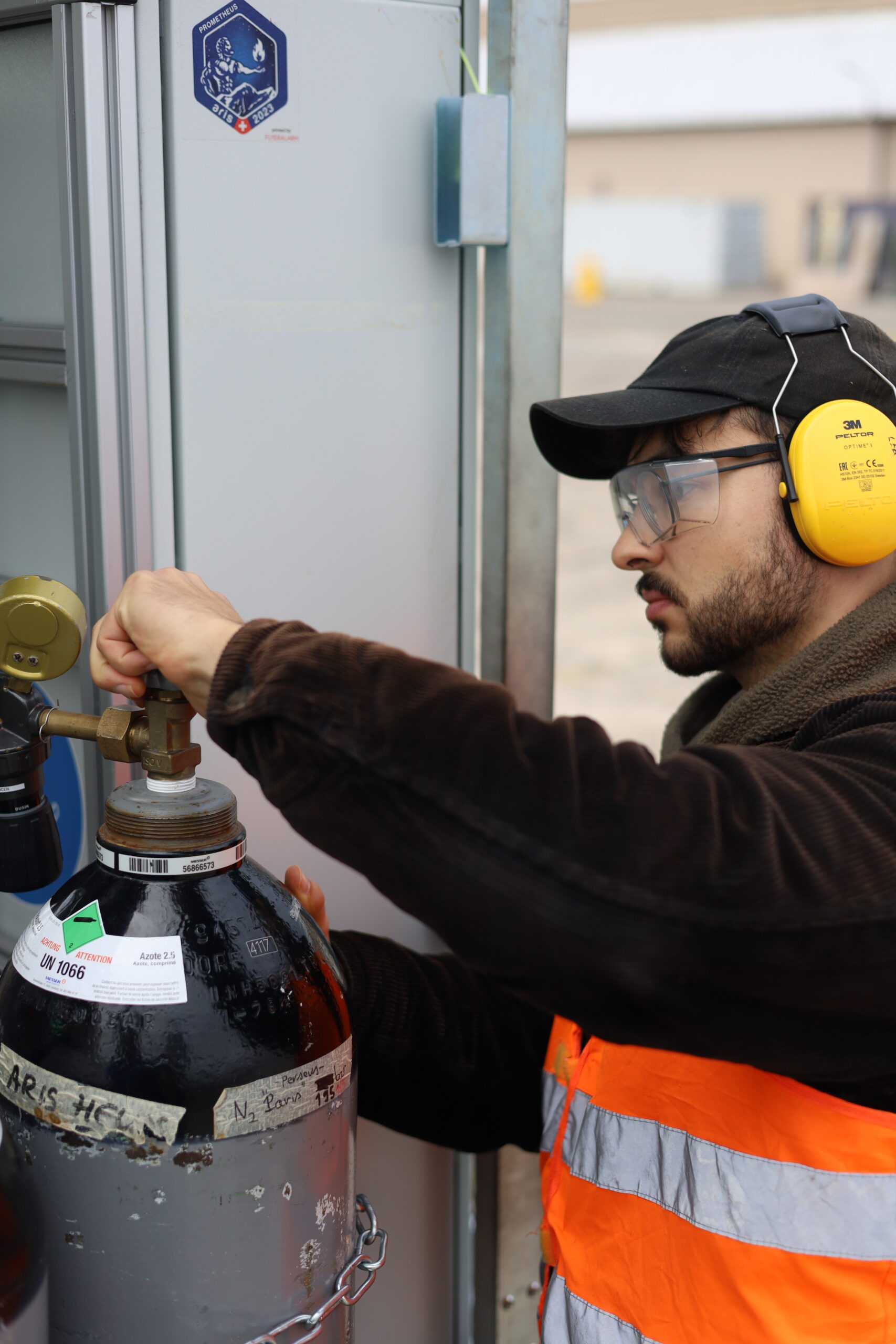
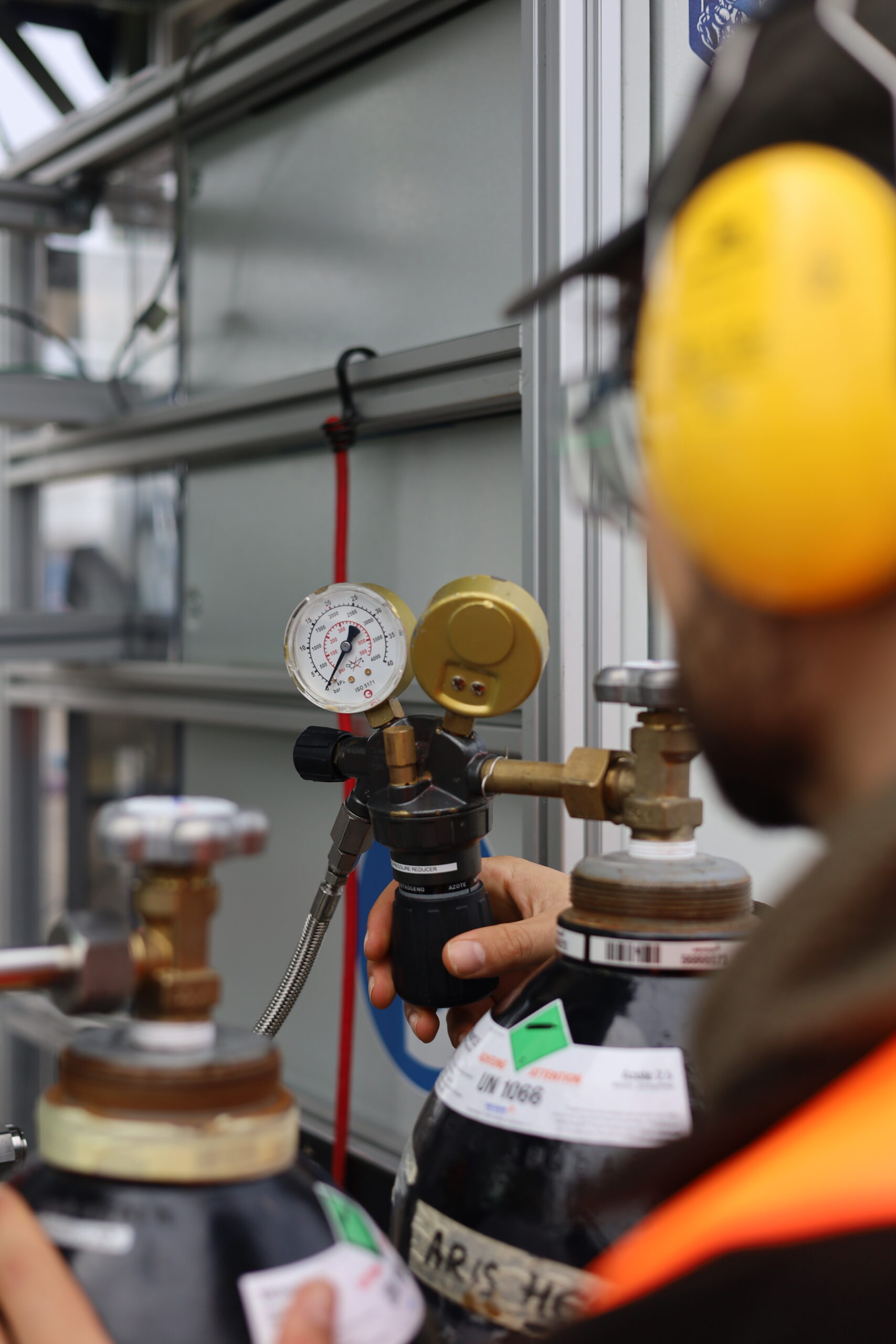

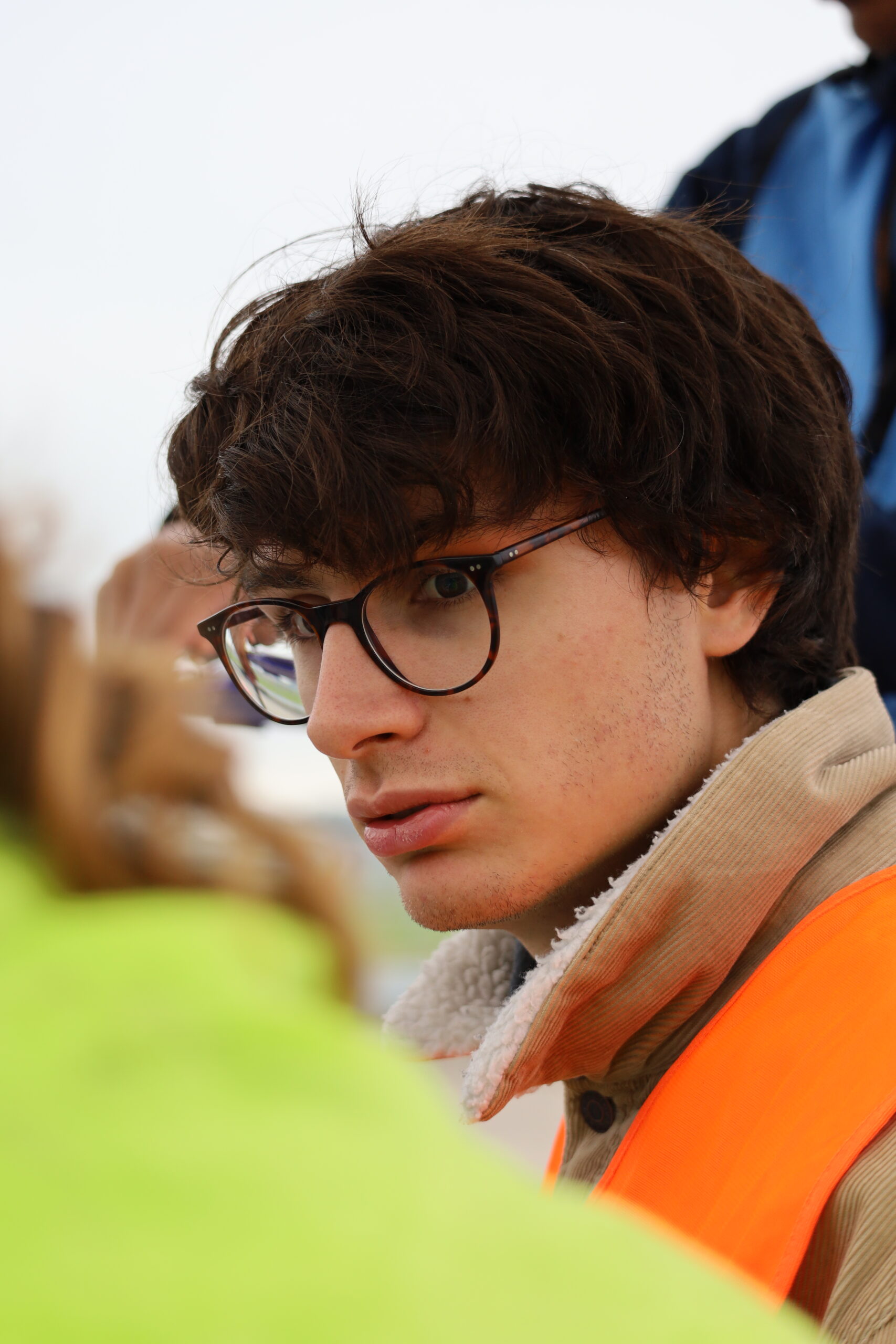
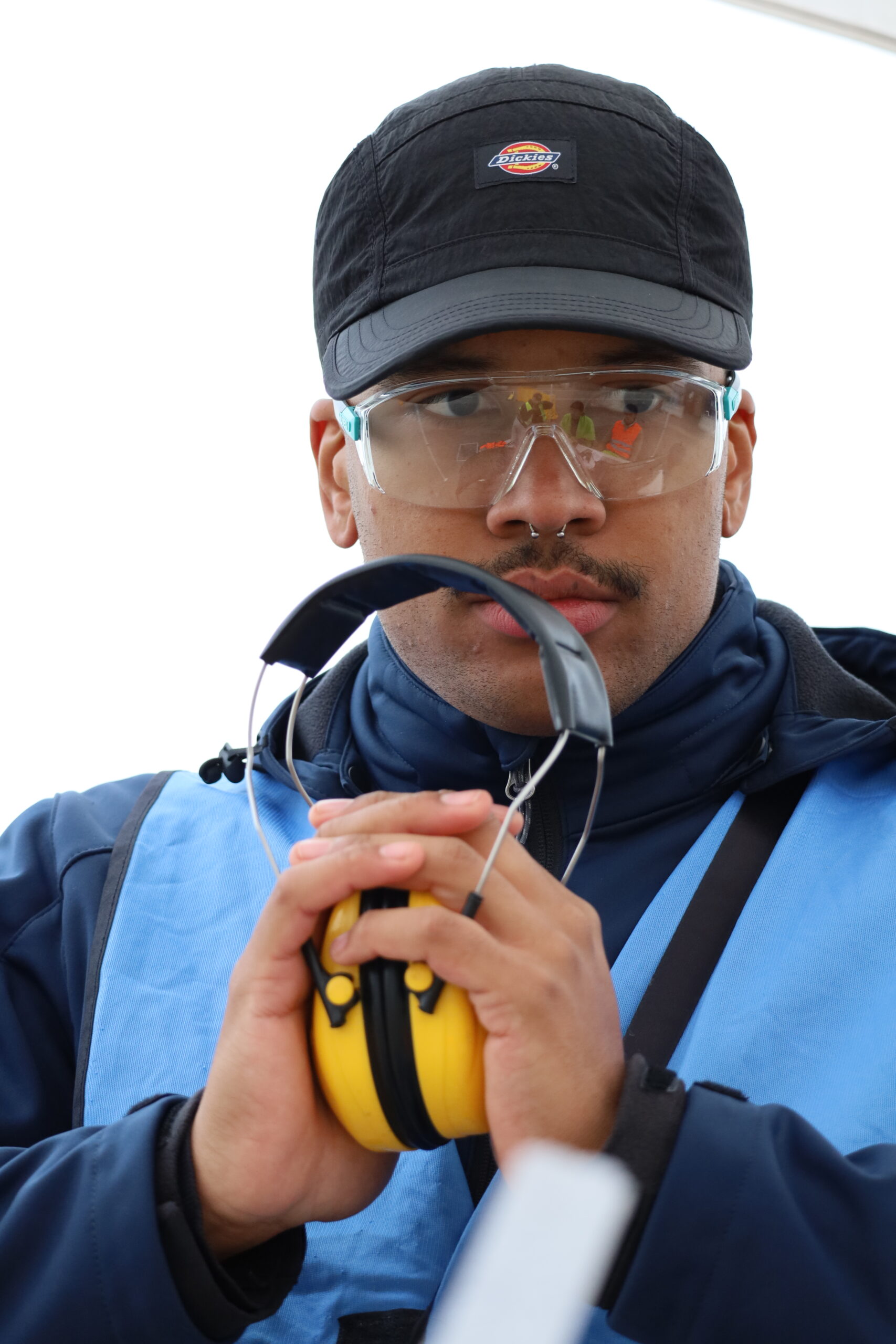


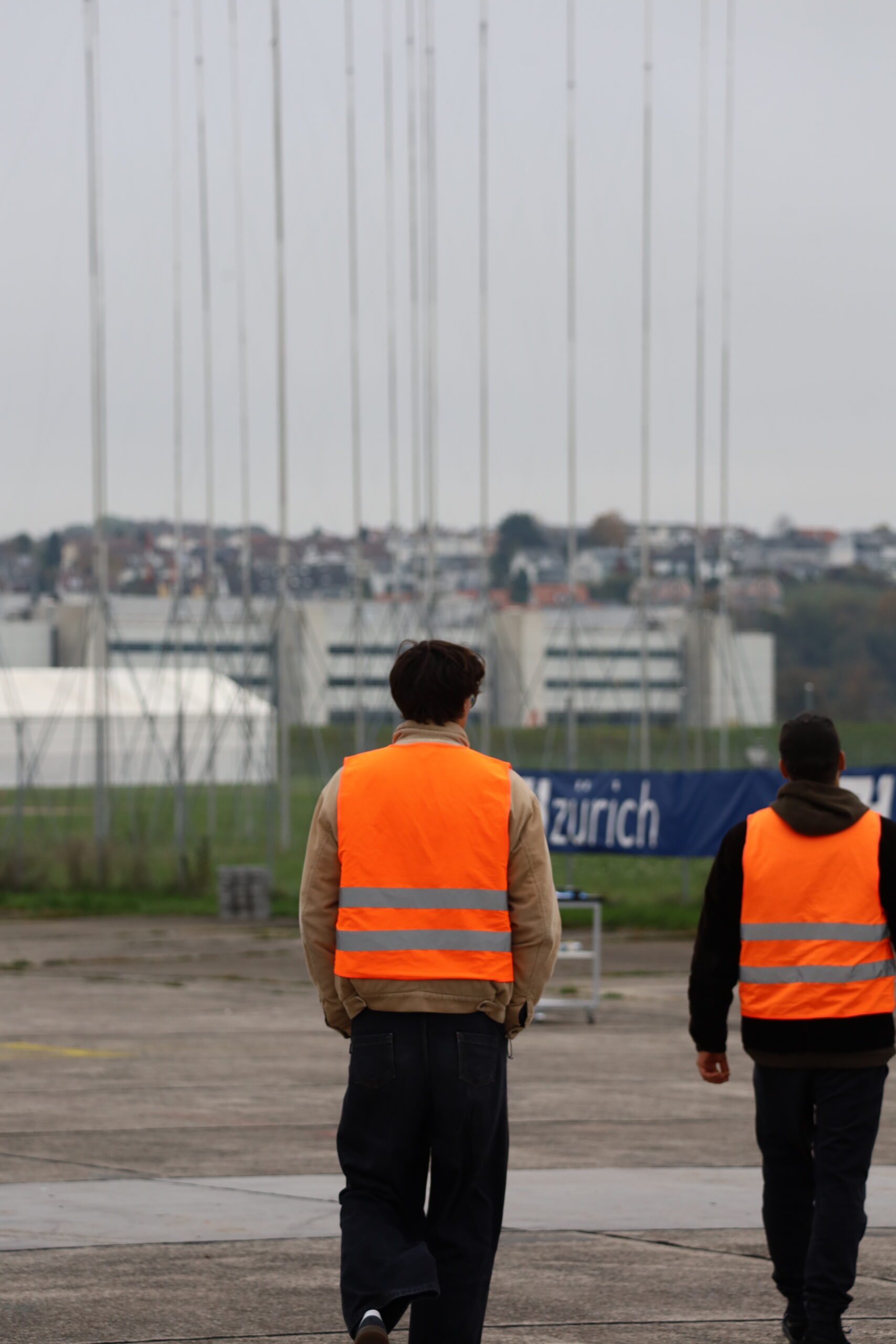

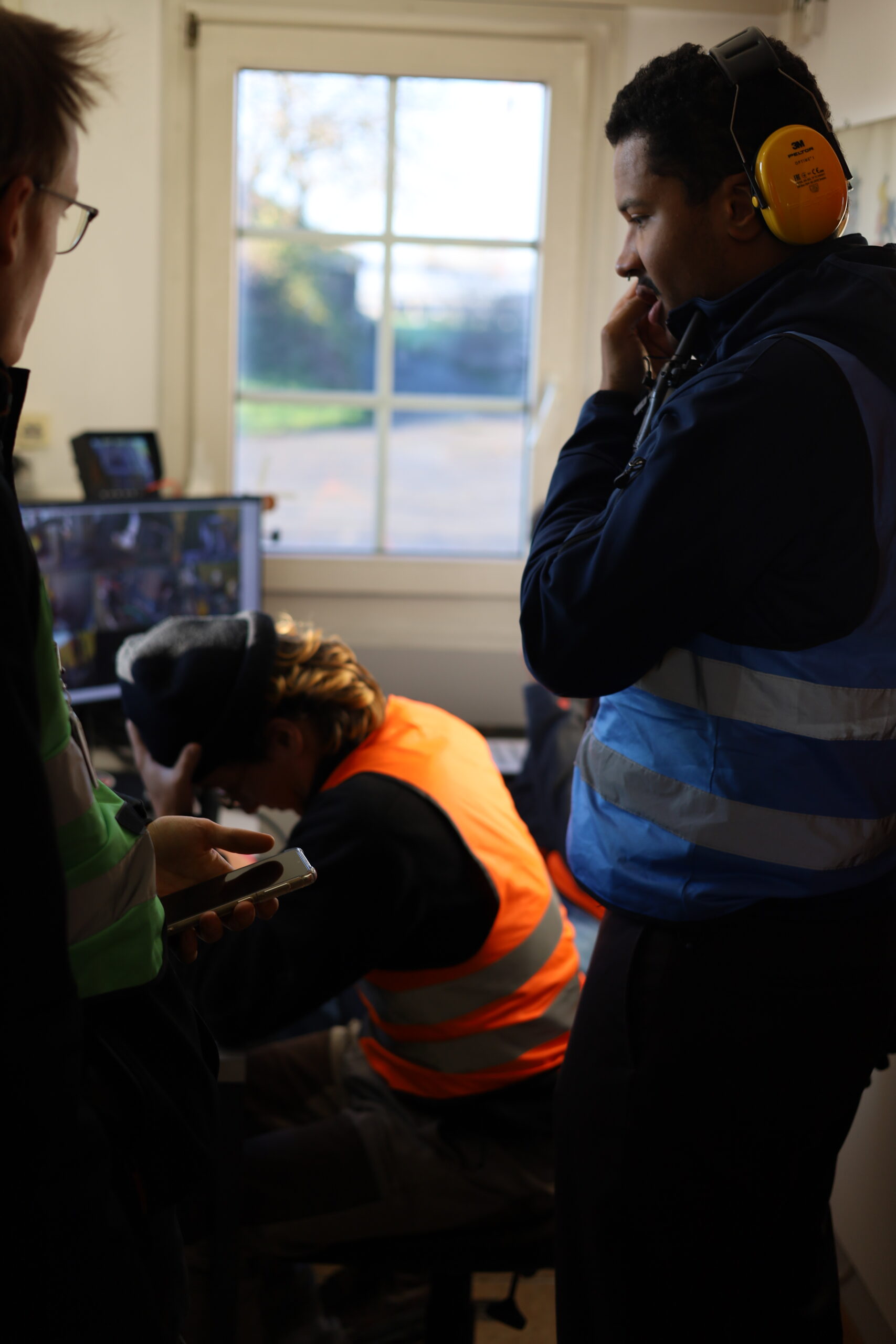

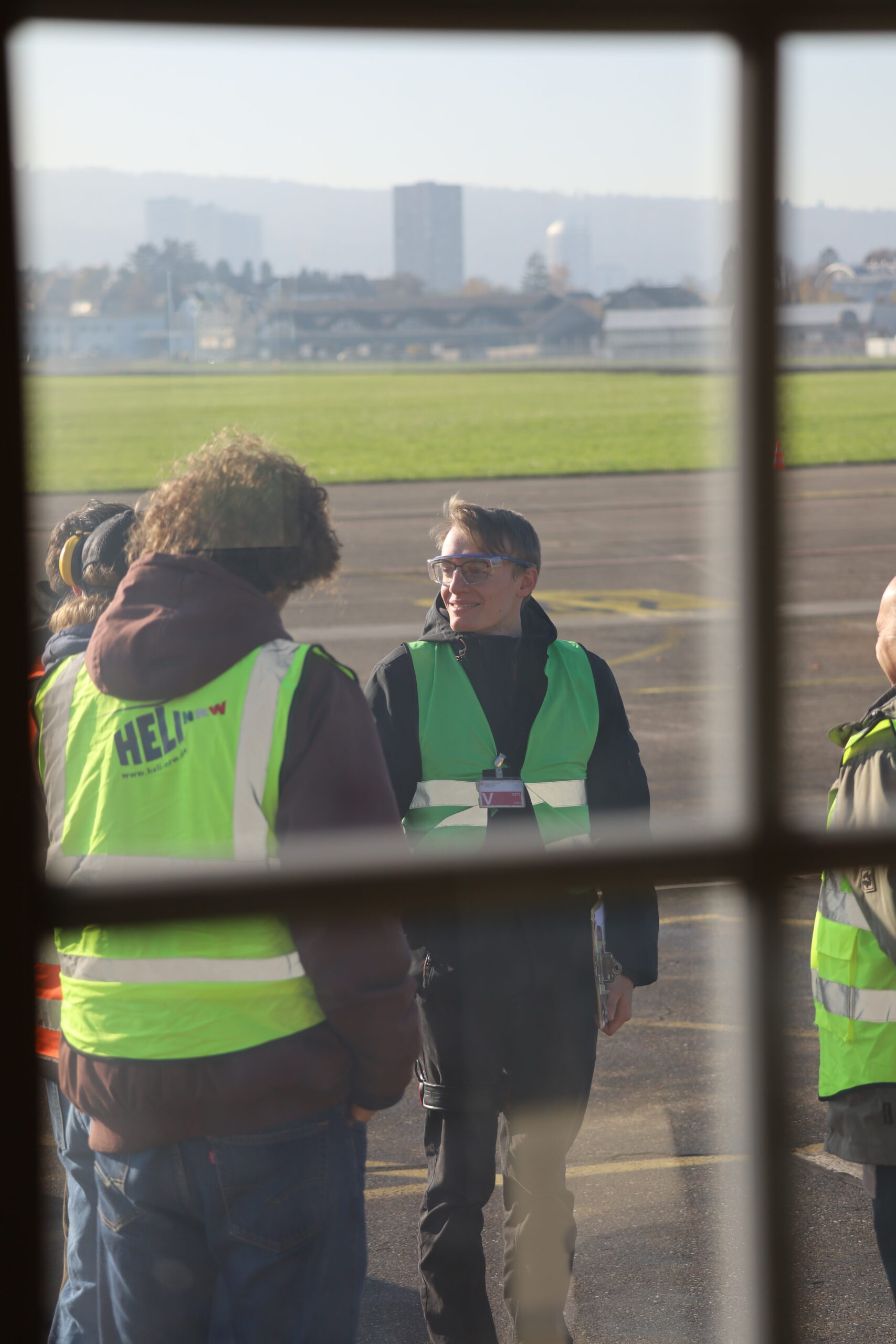
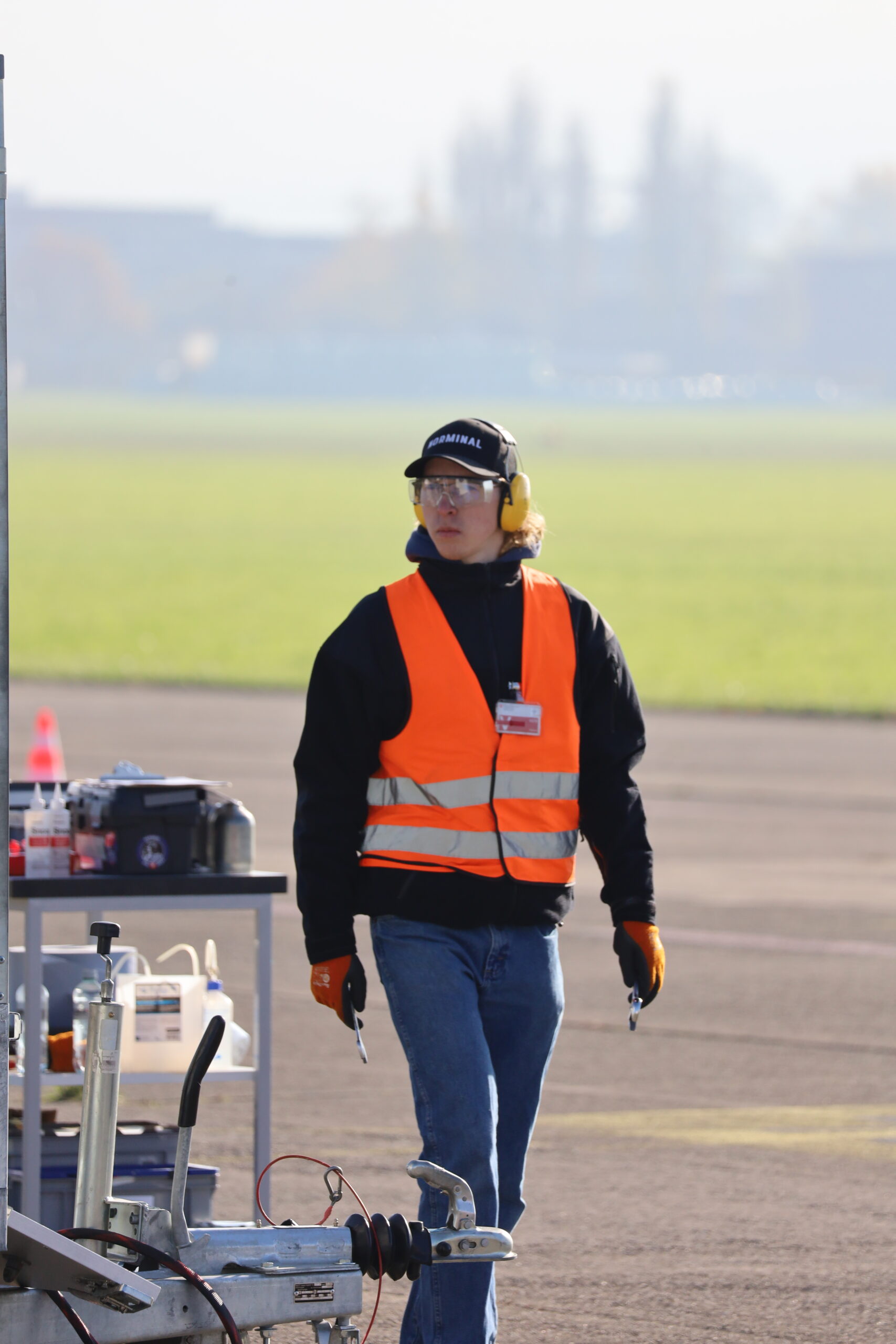
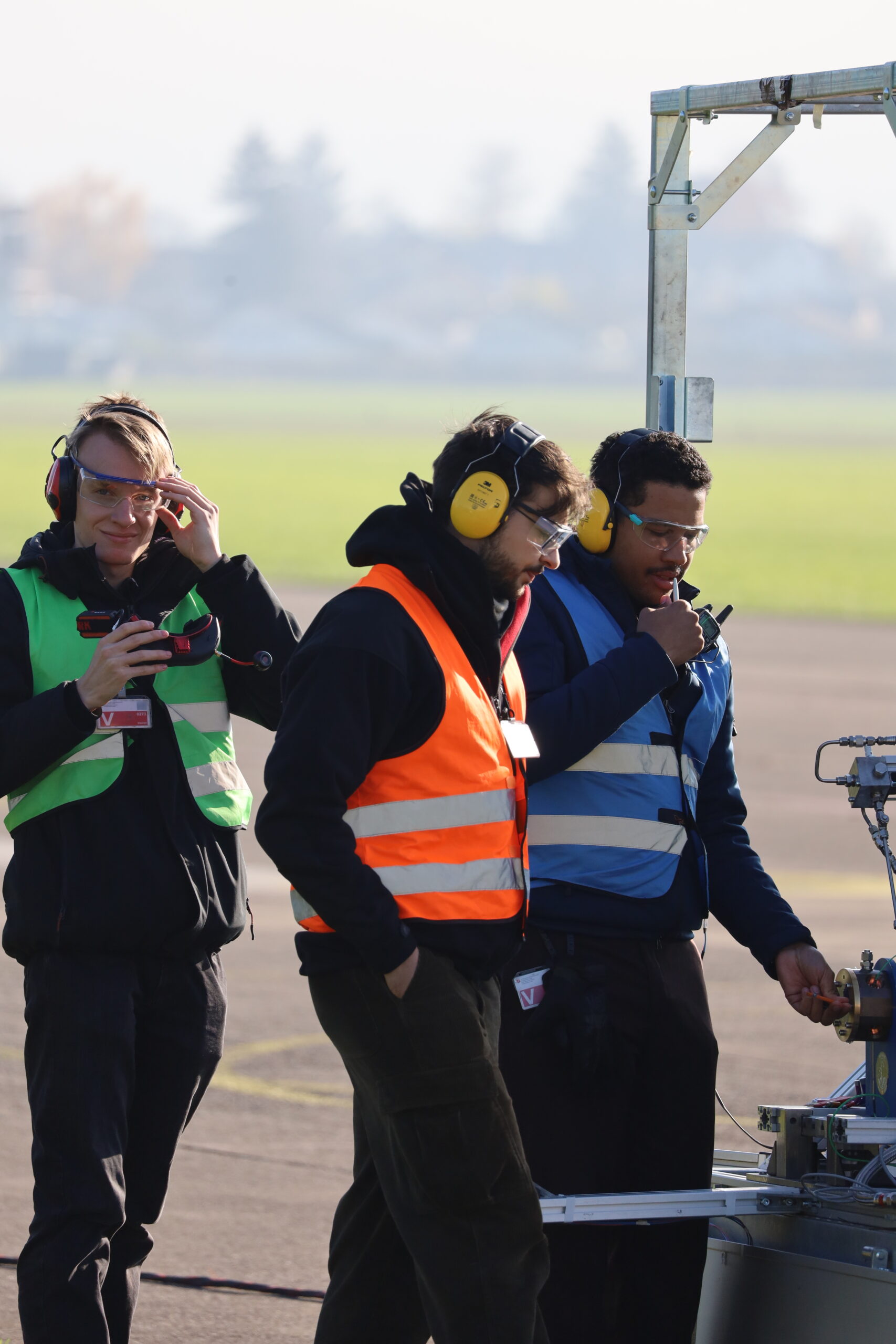
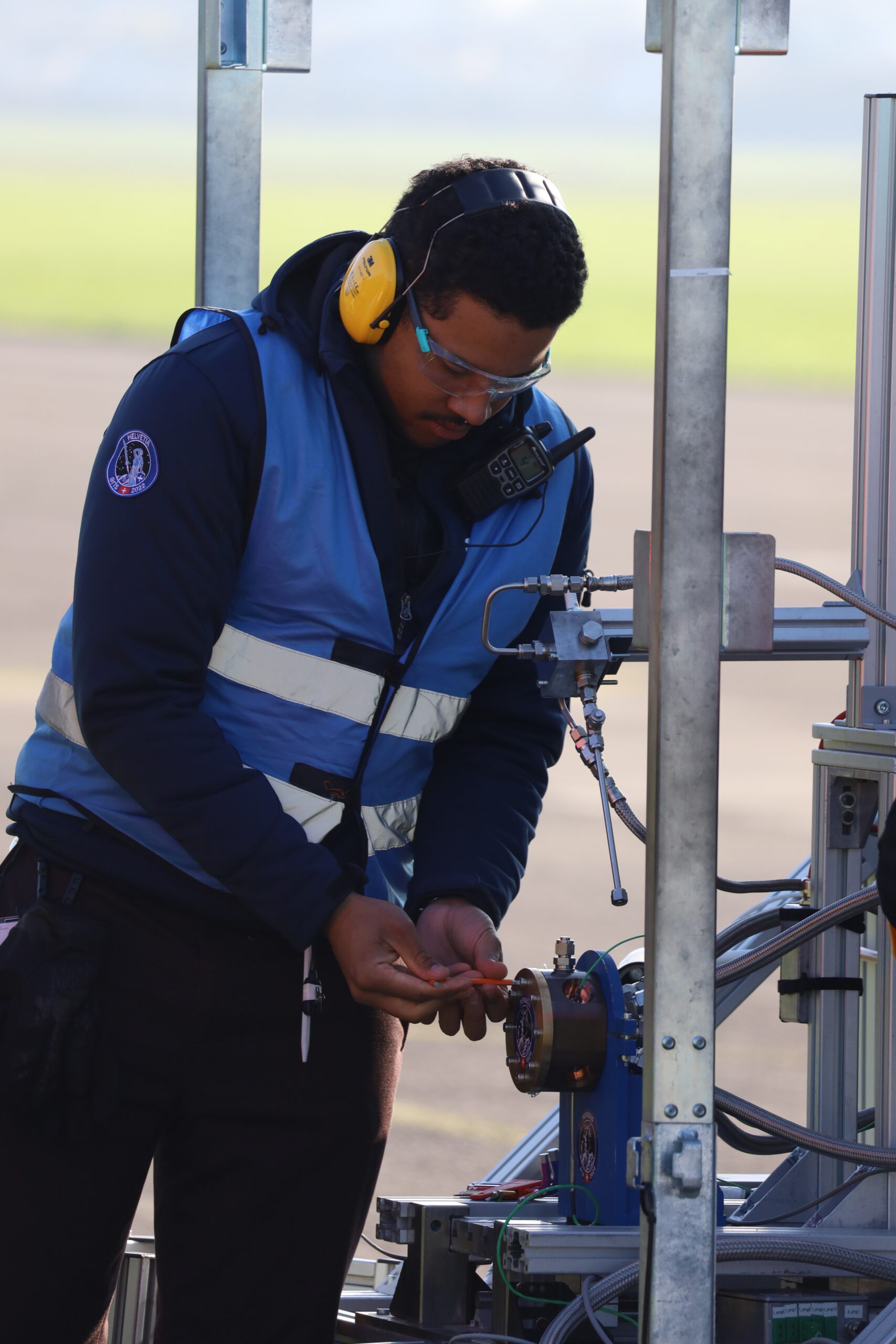
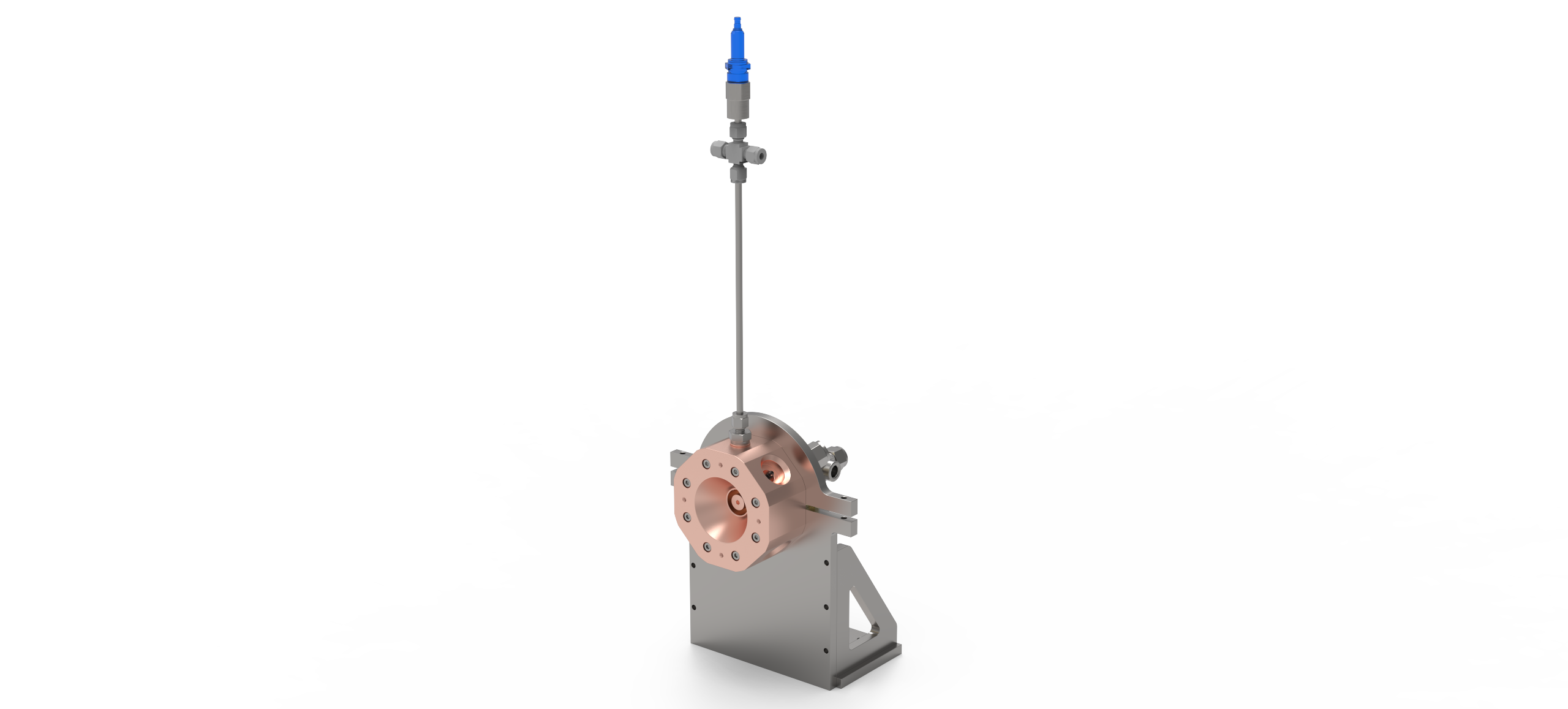

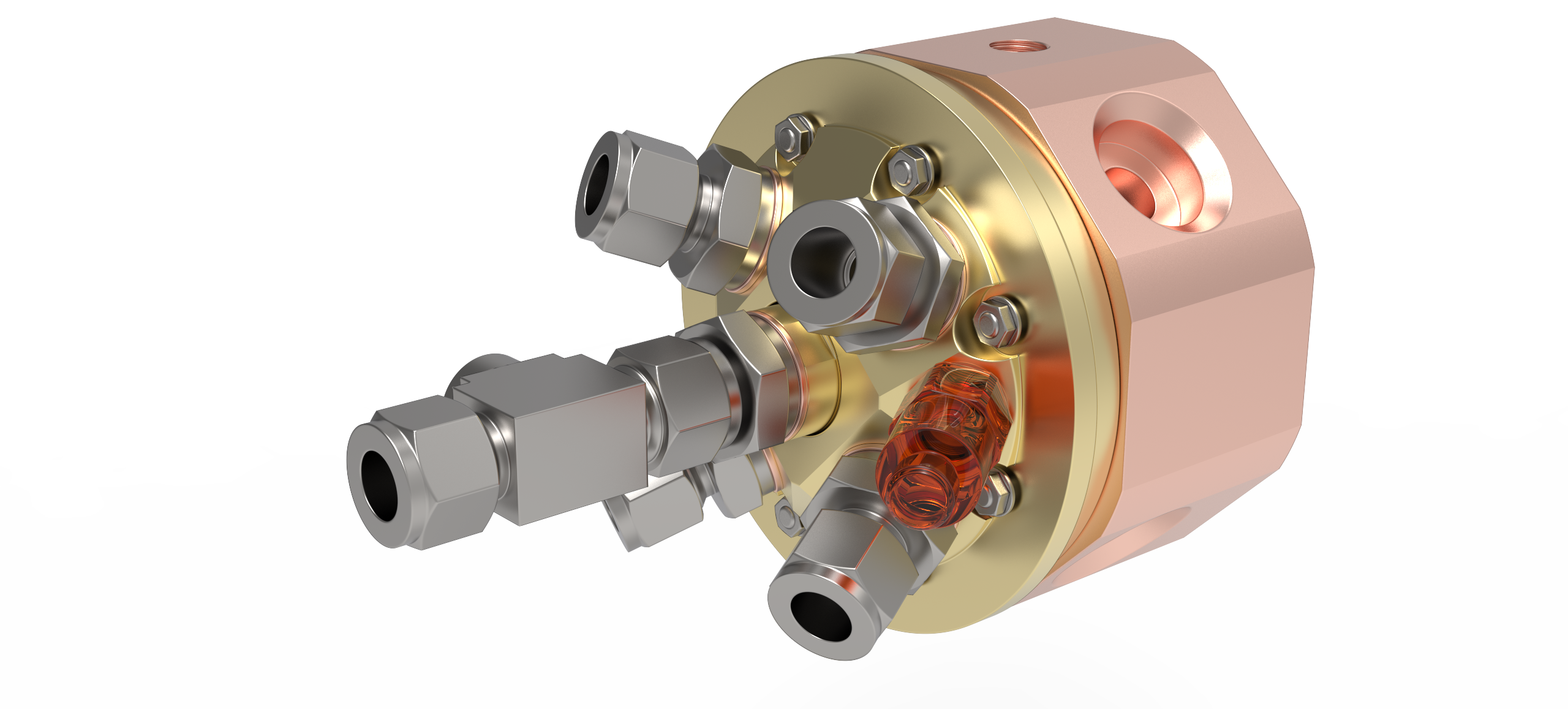
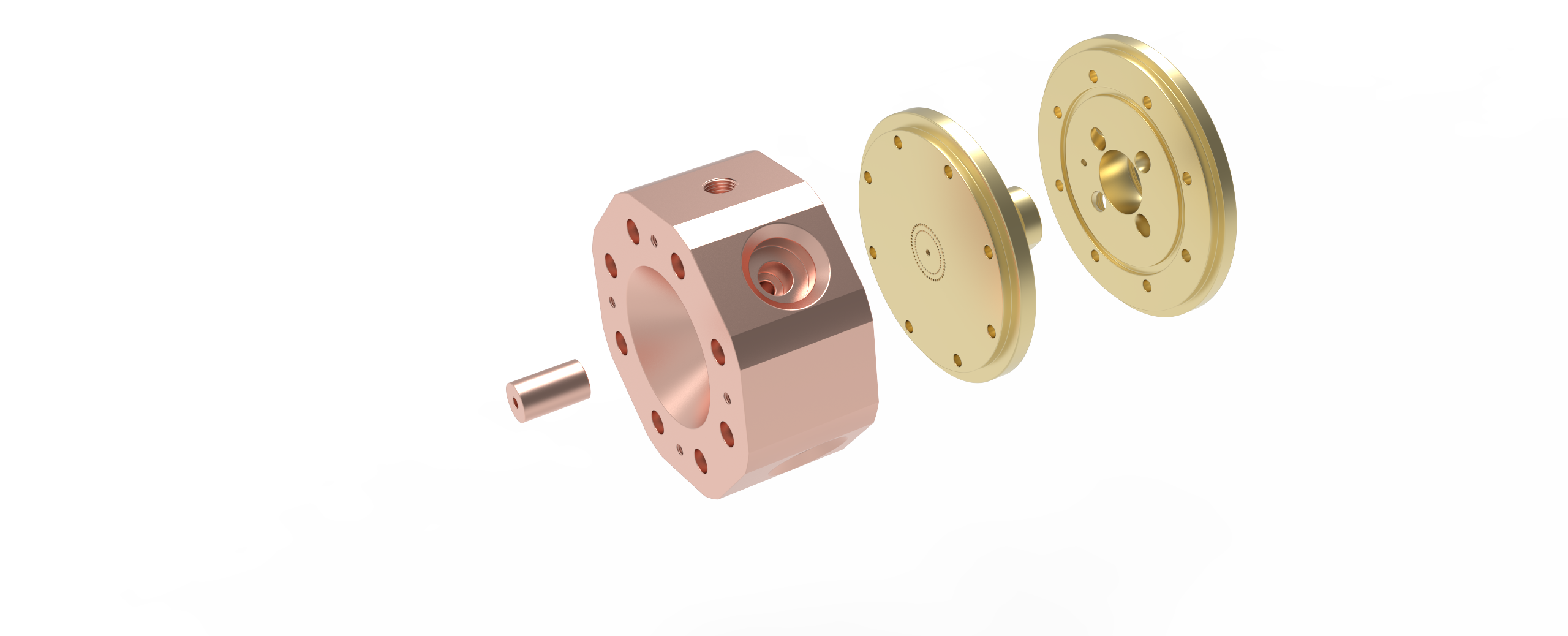
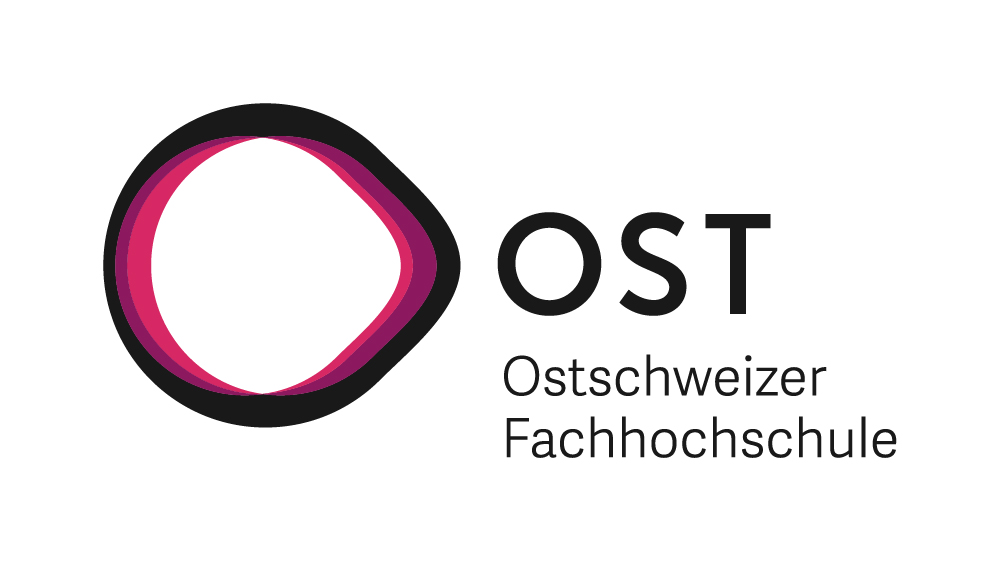



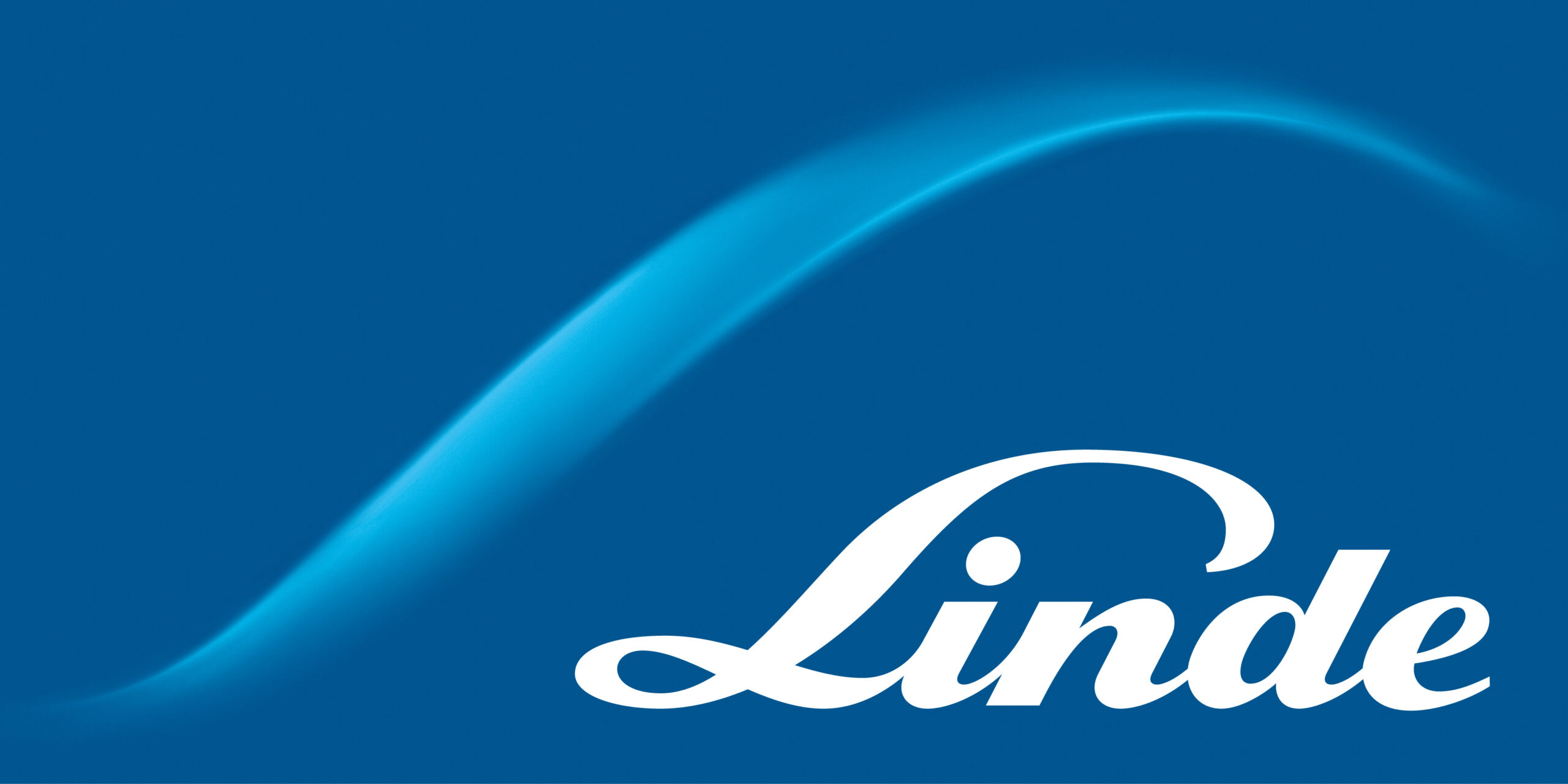






Social Contact